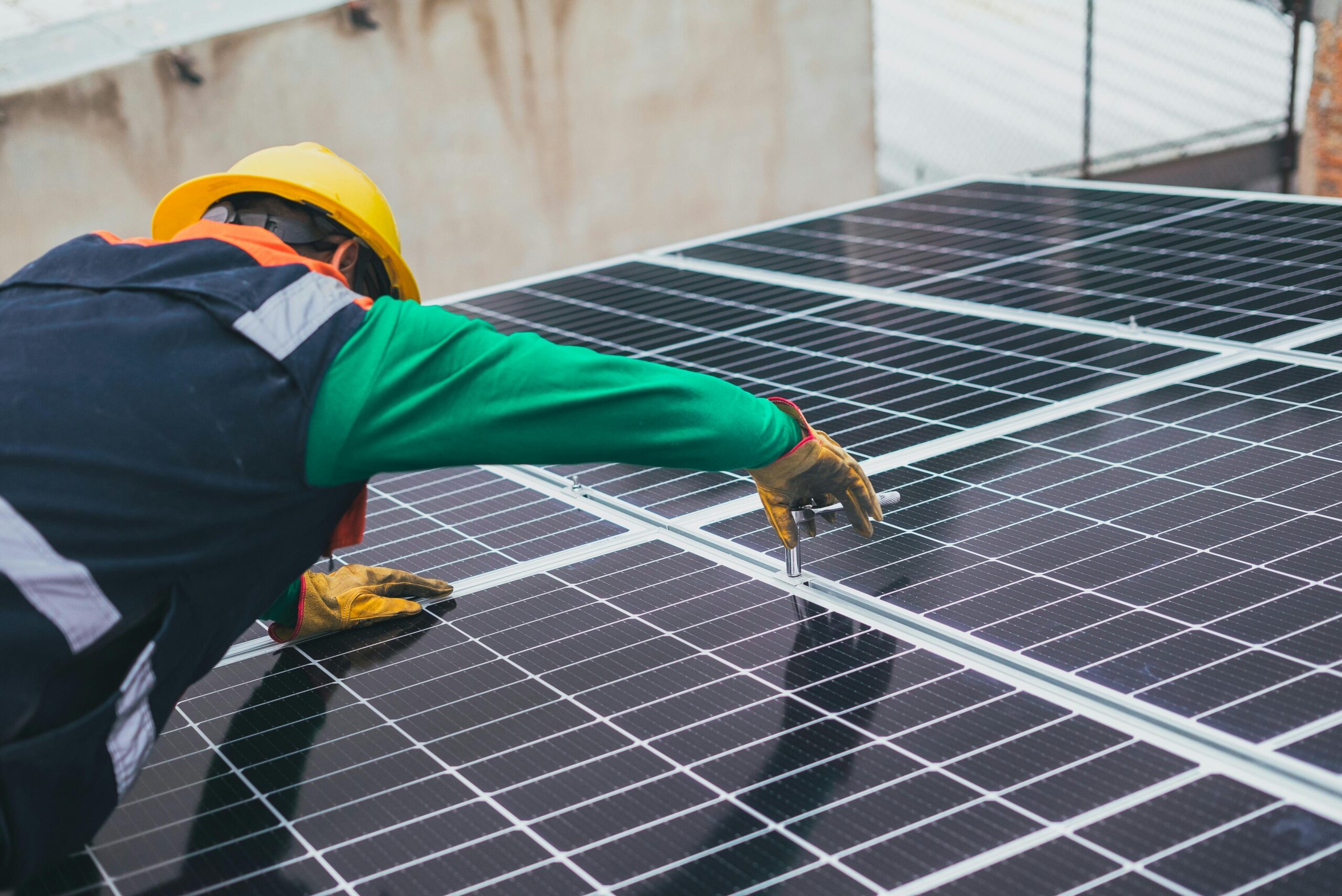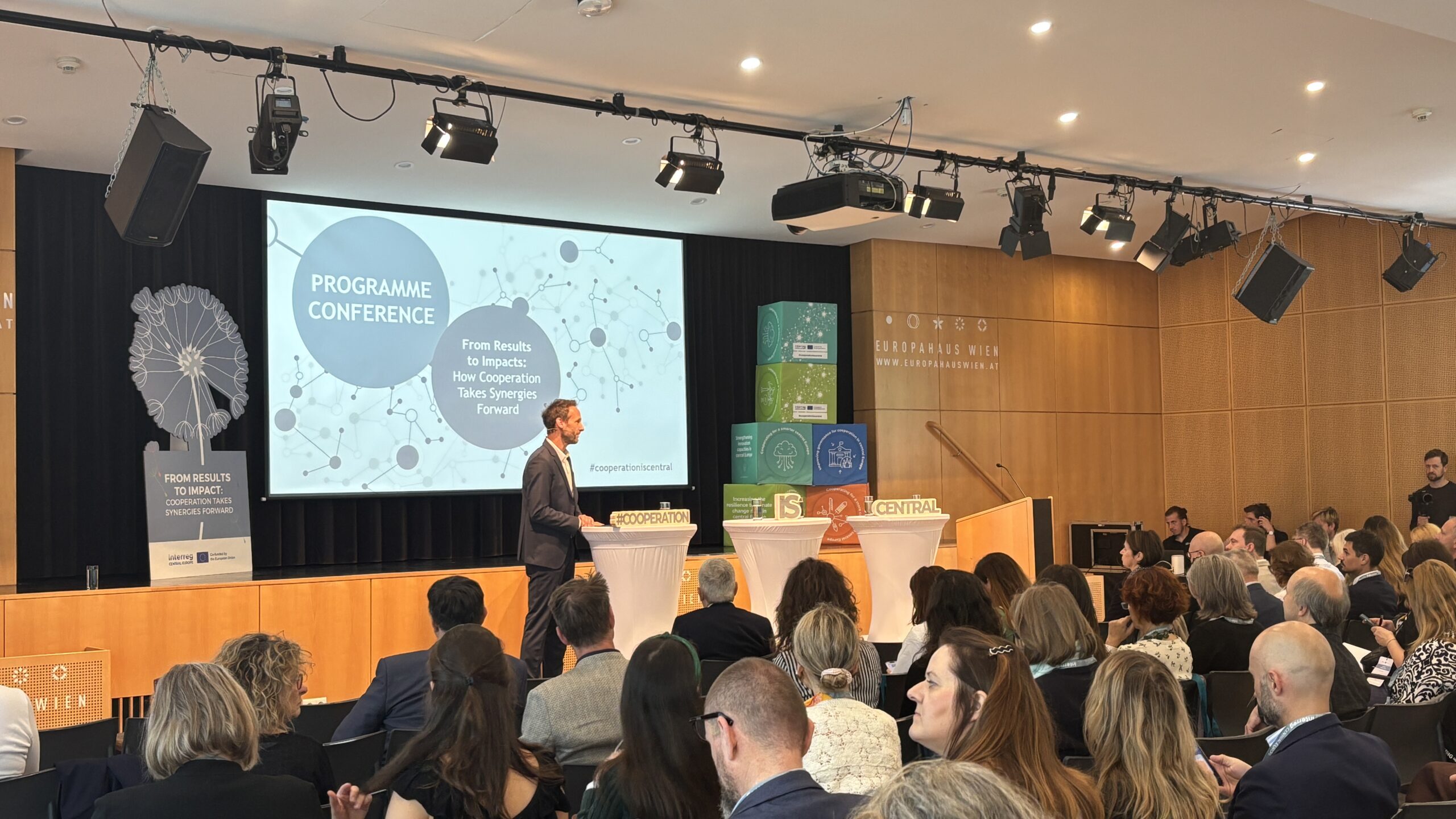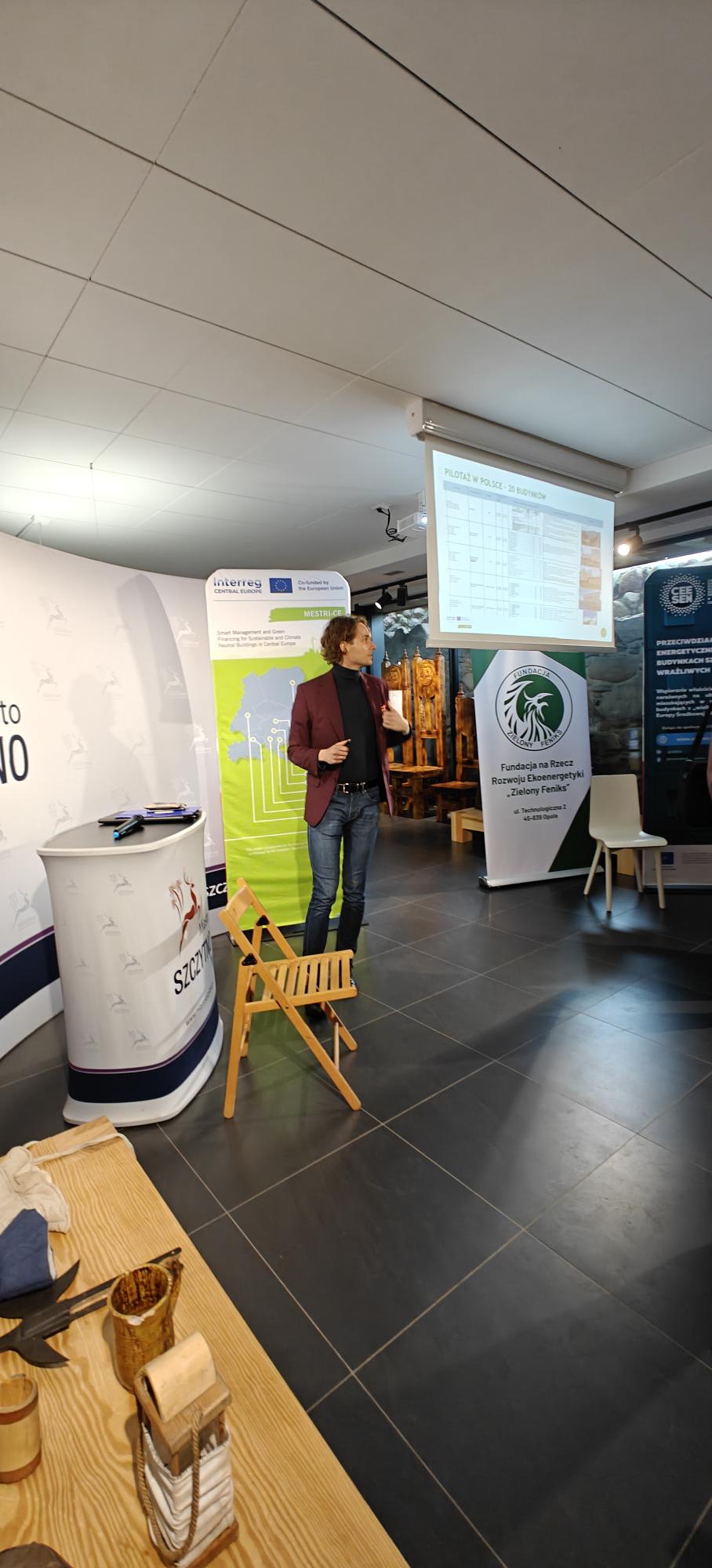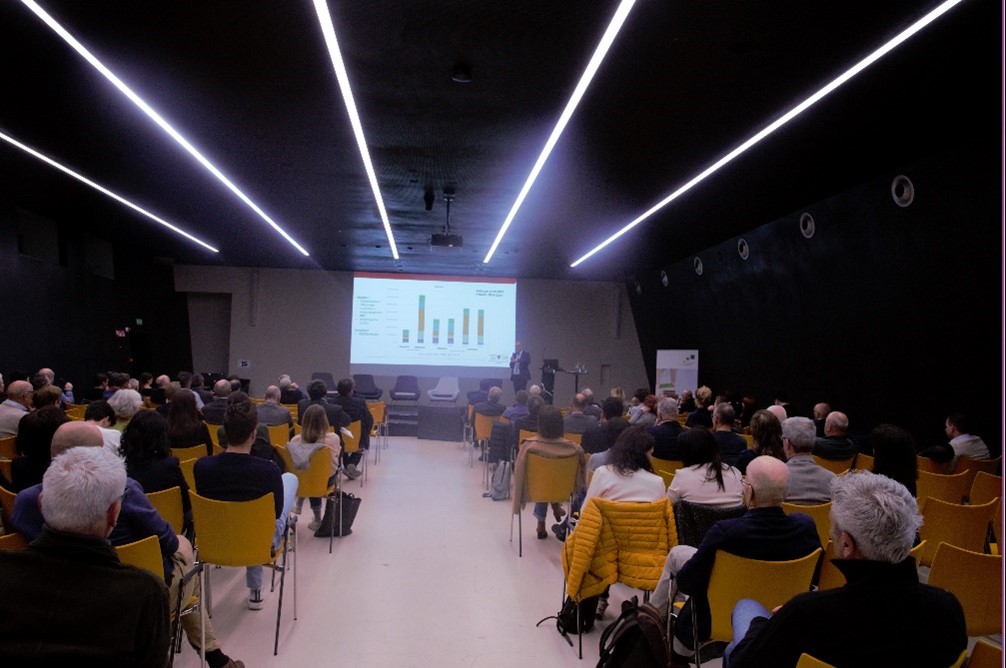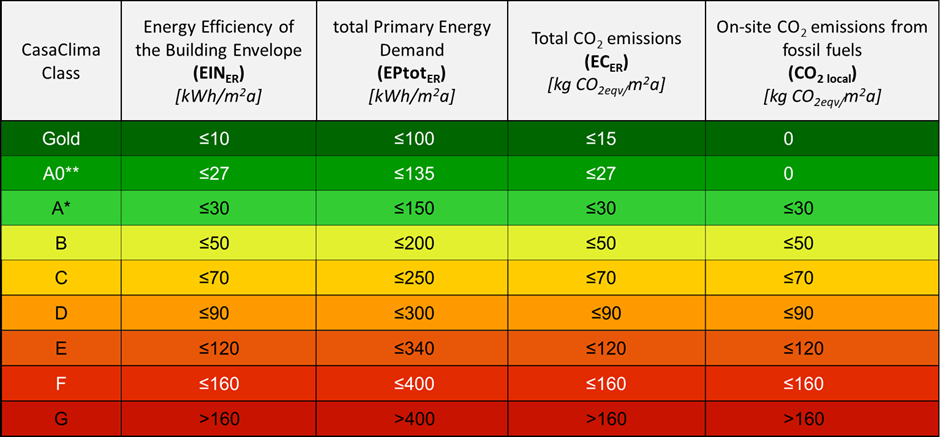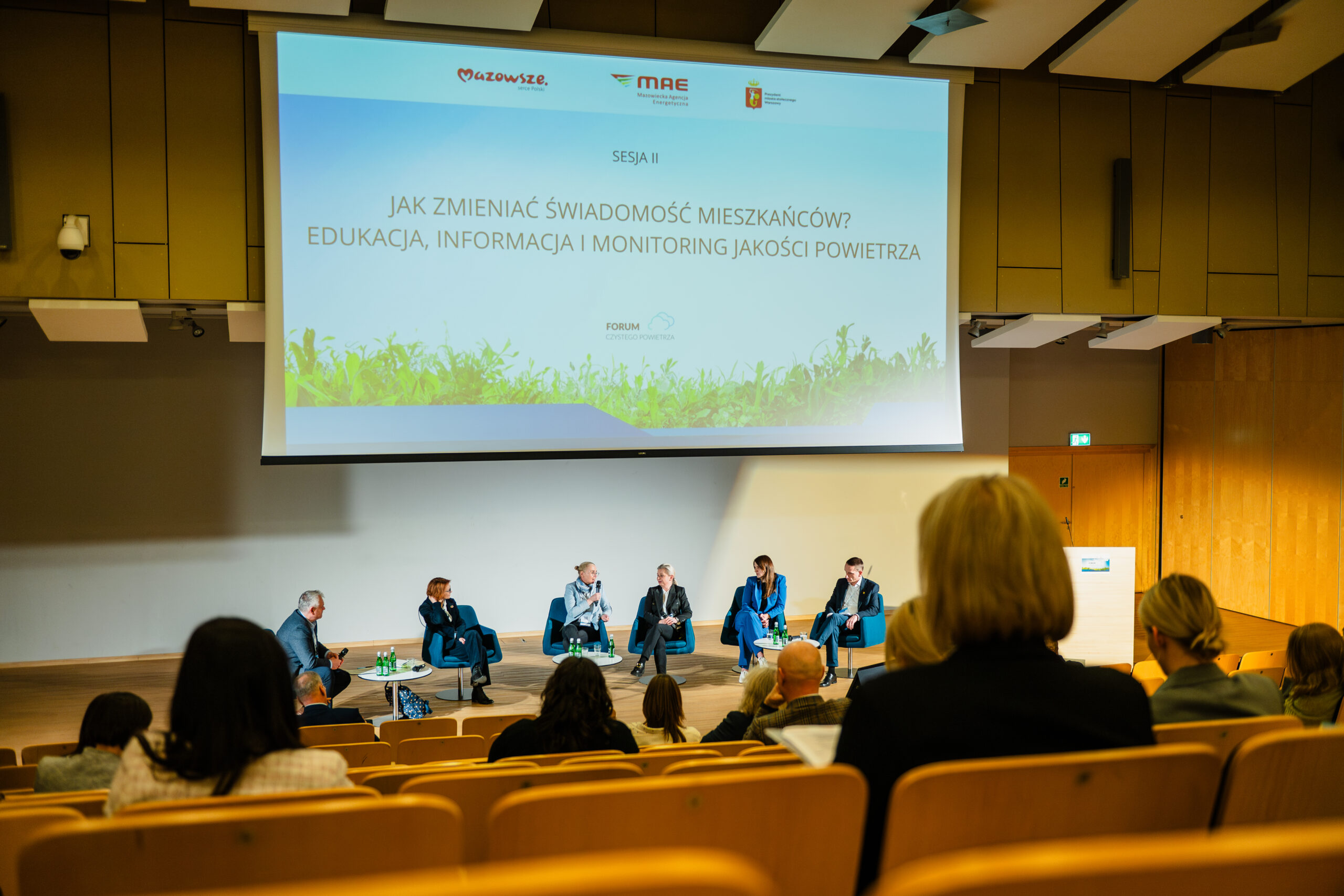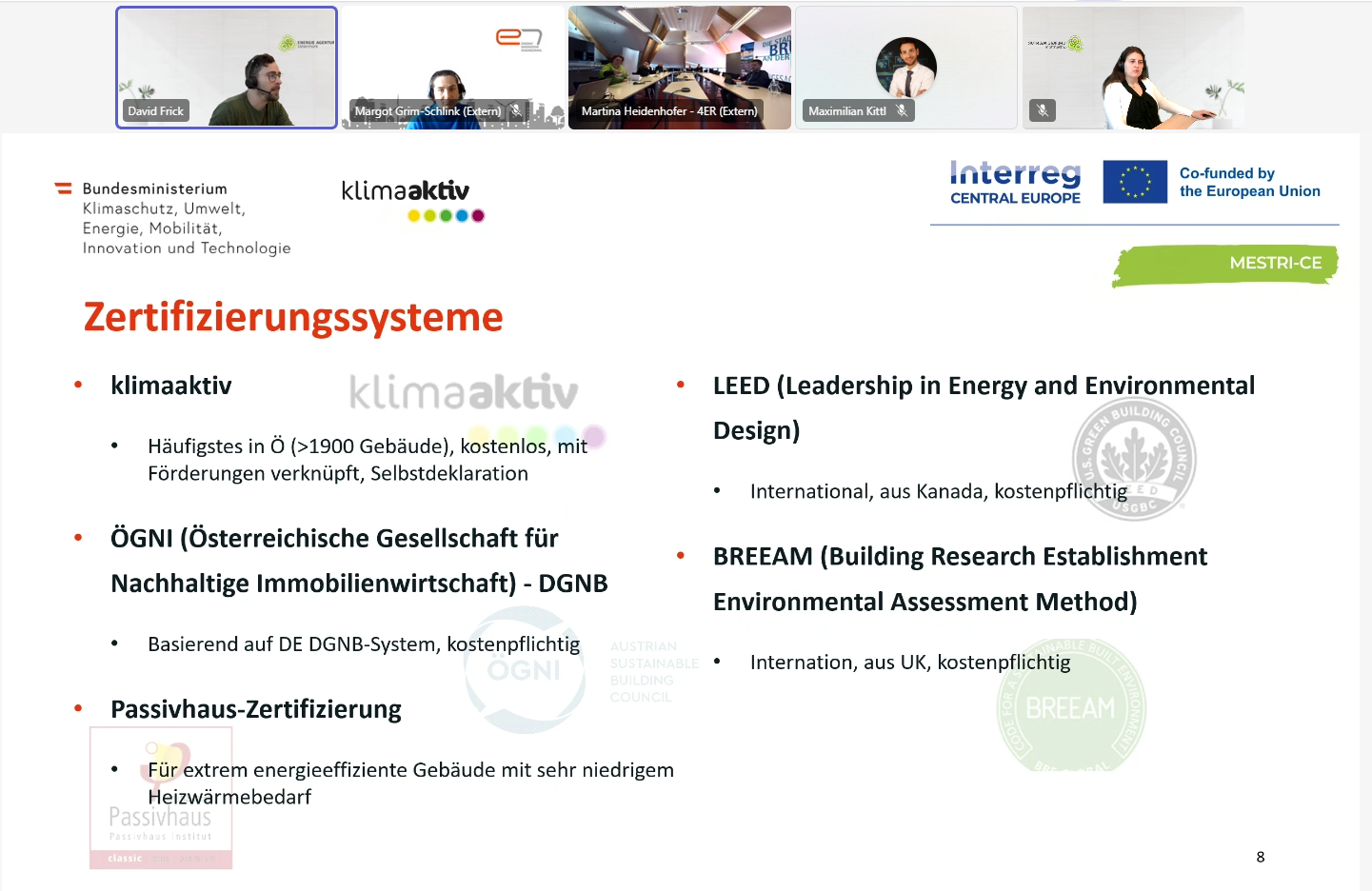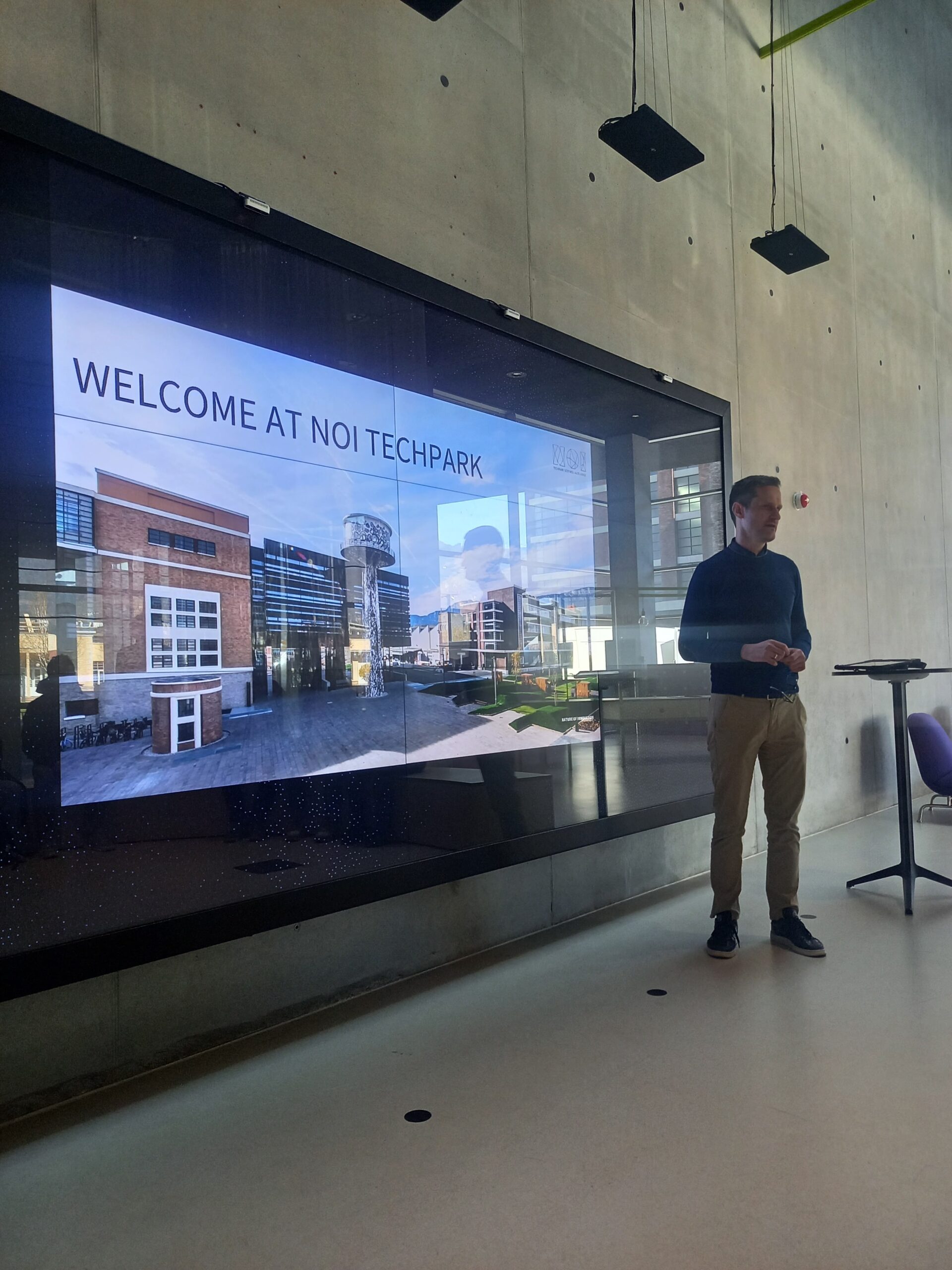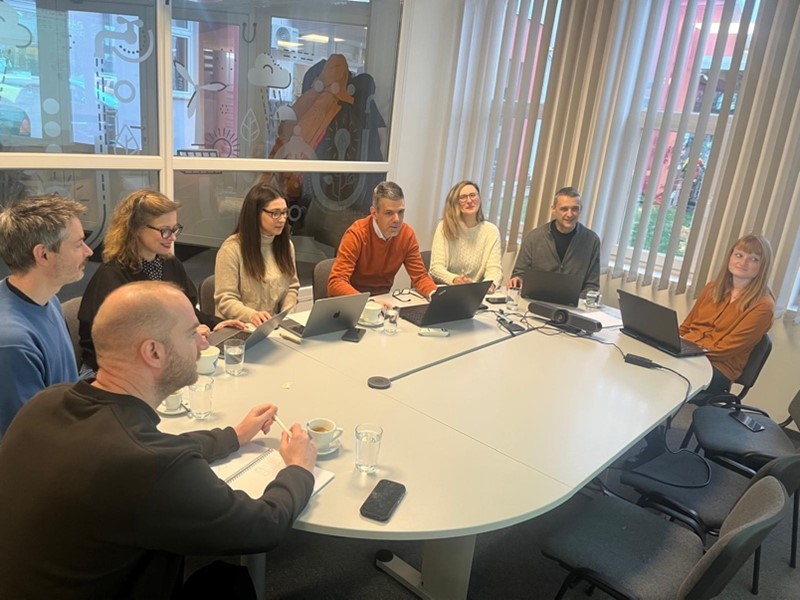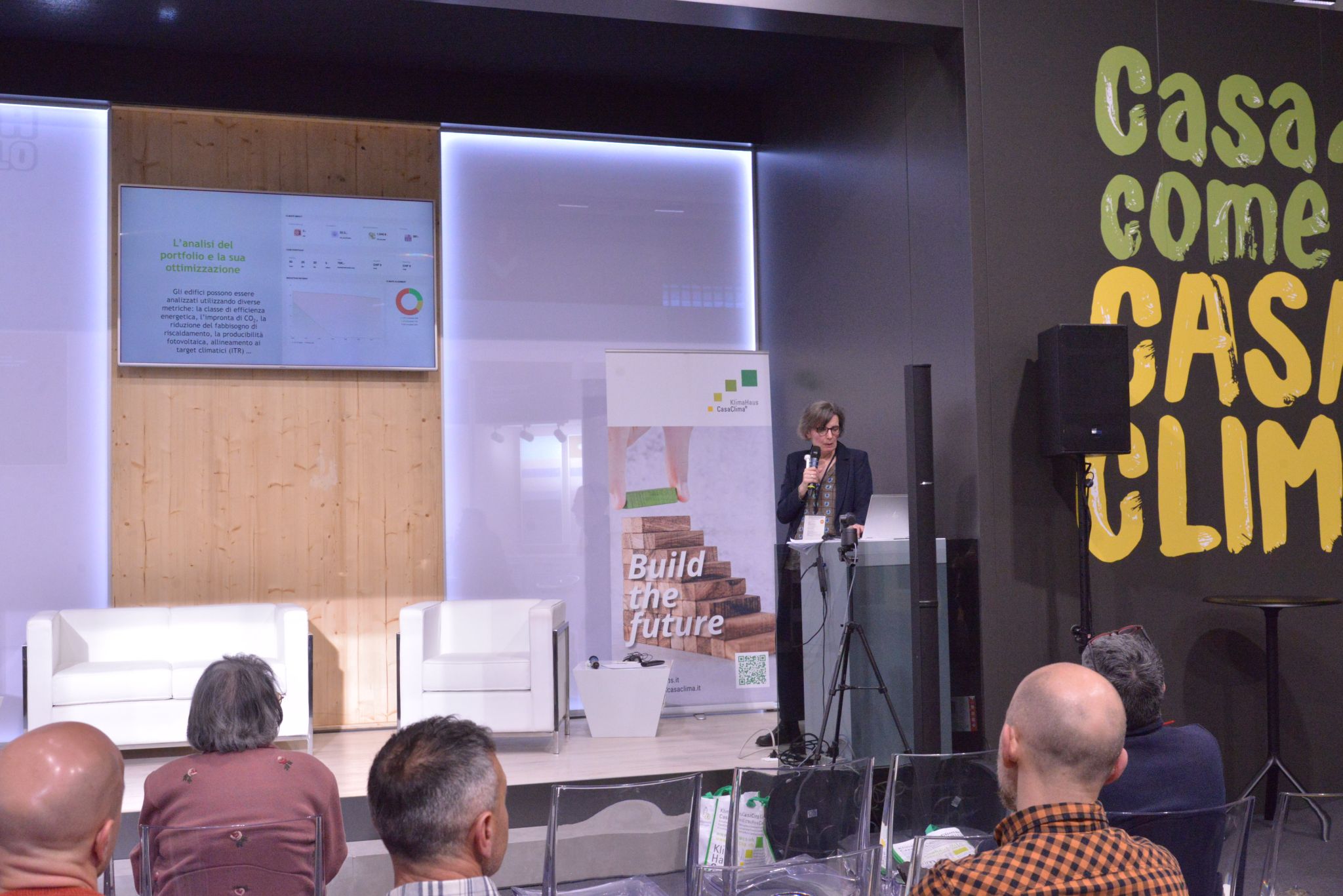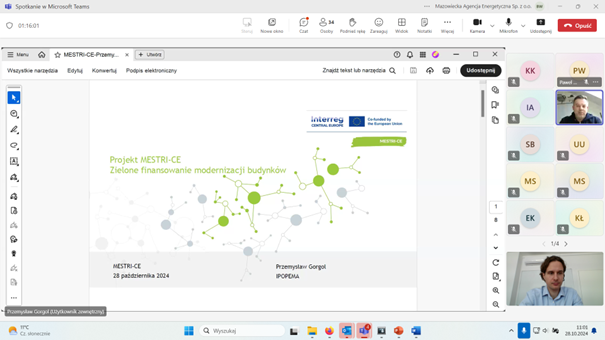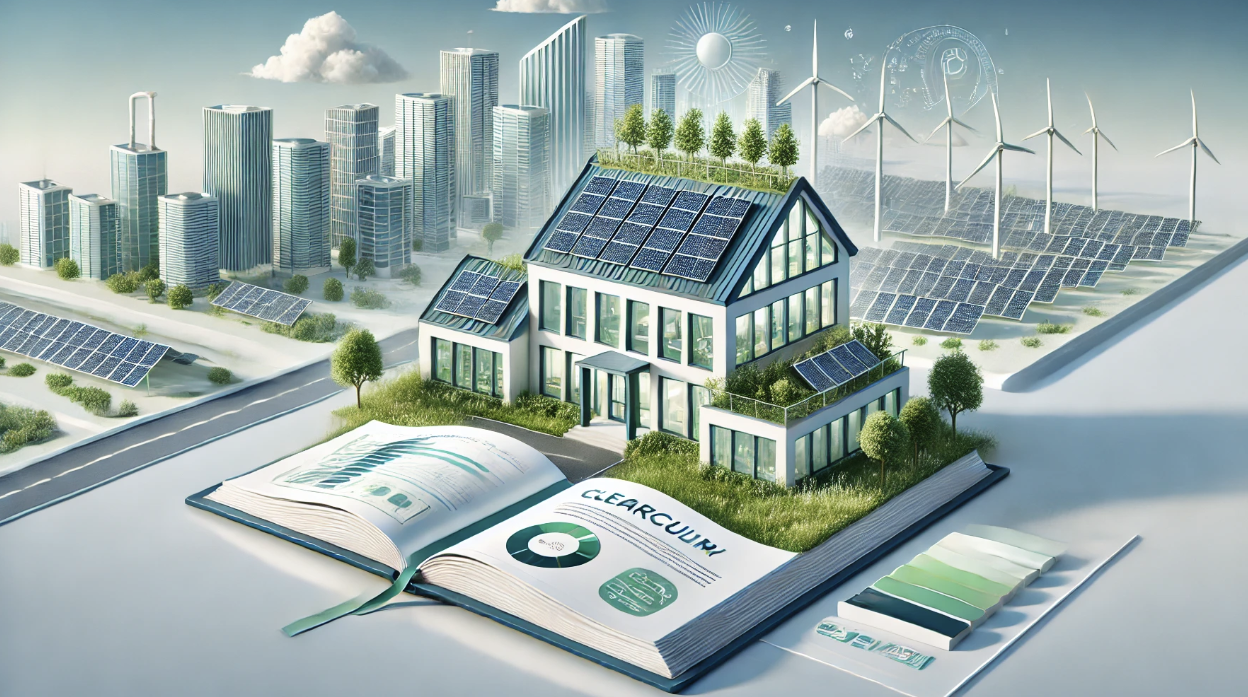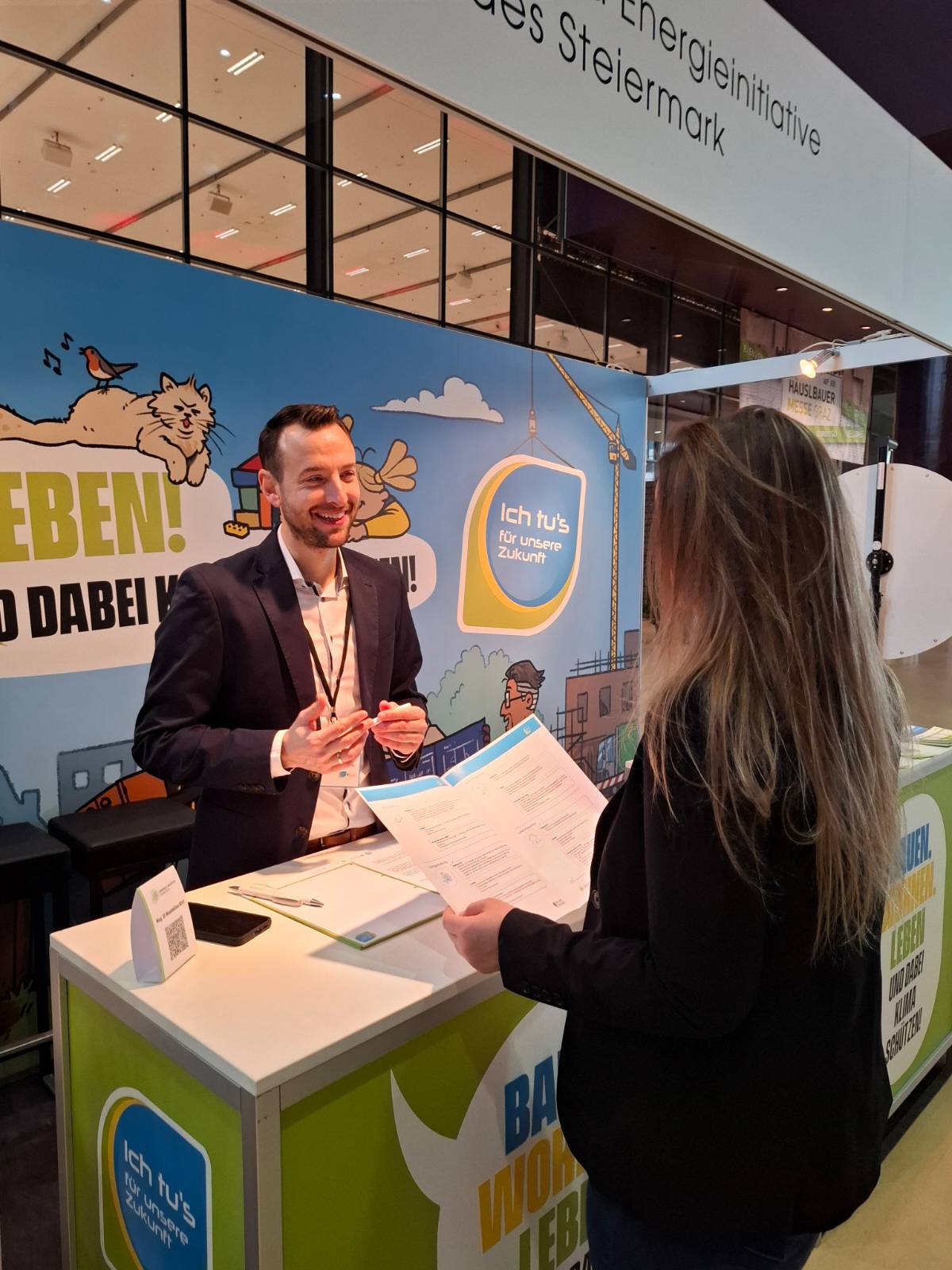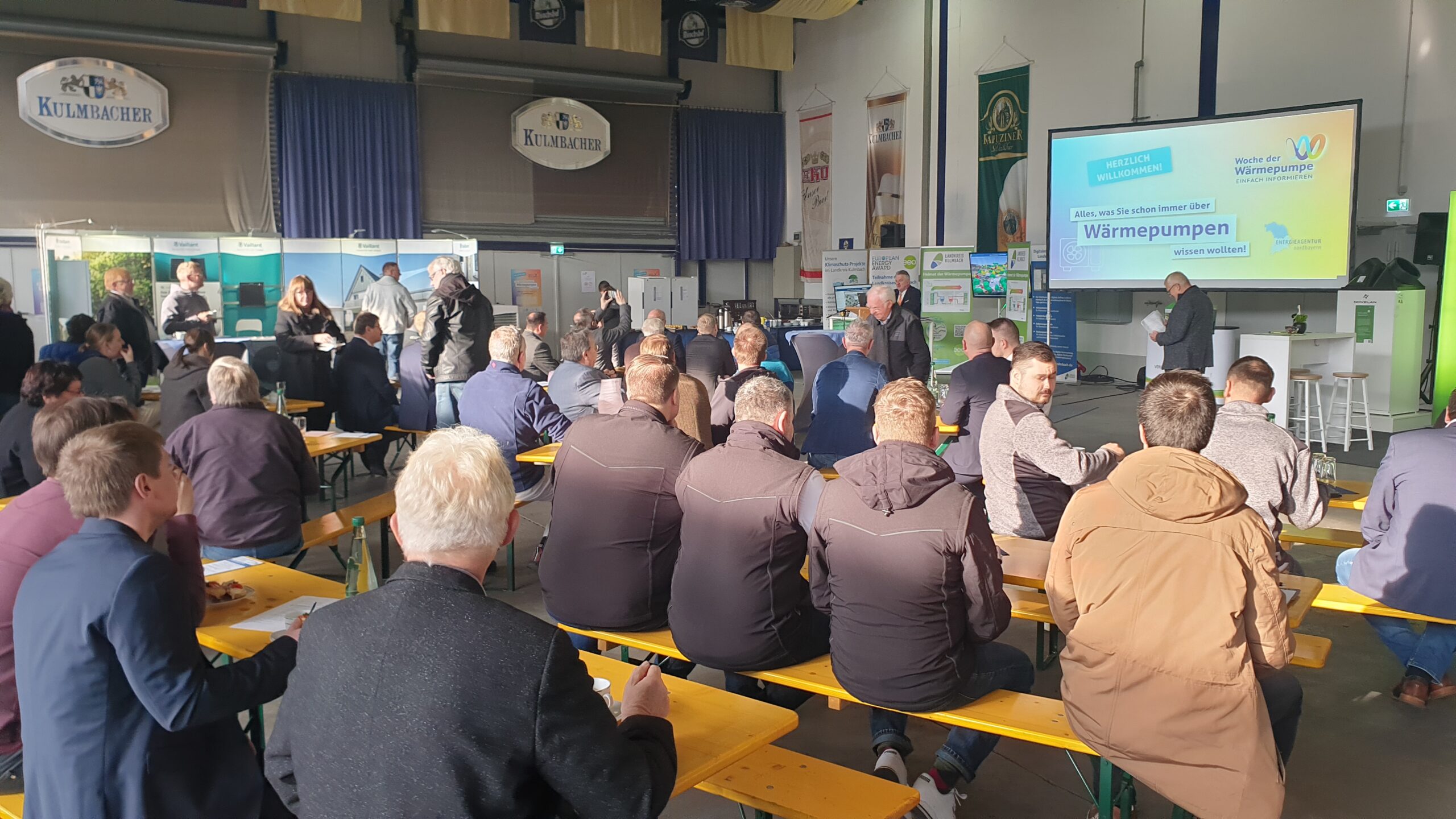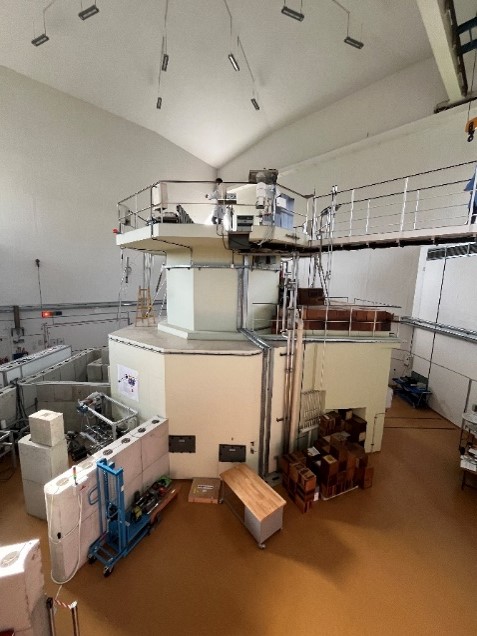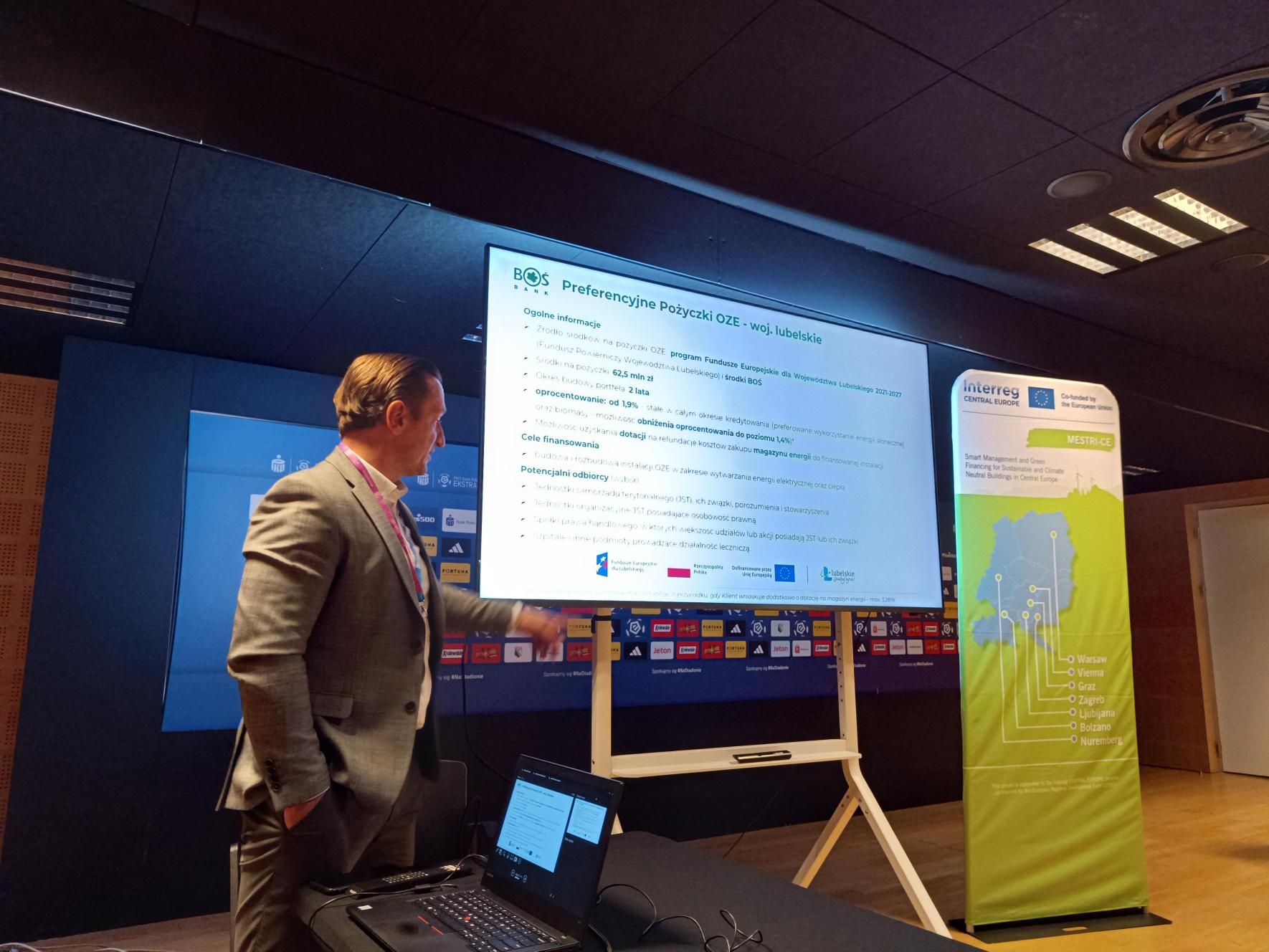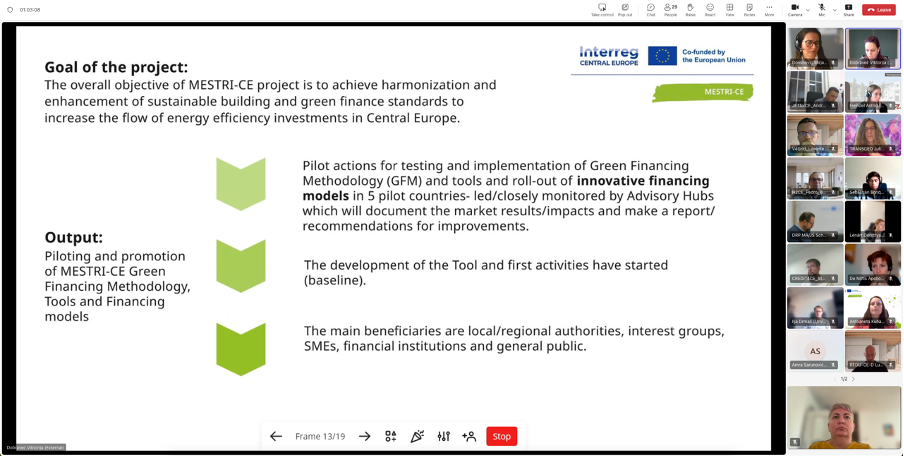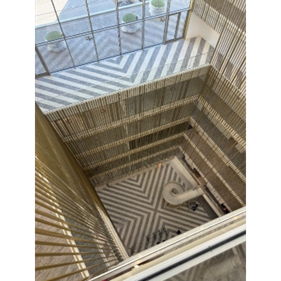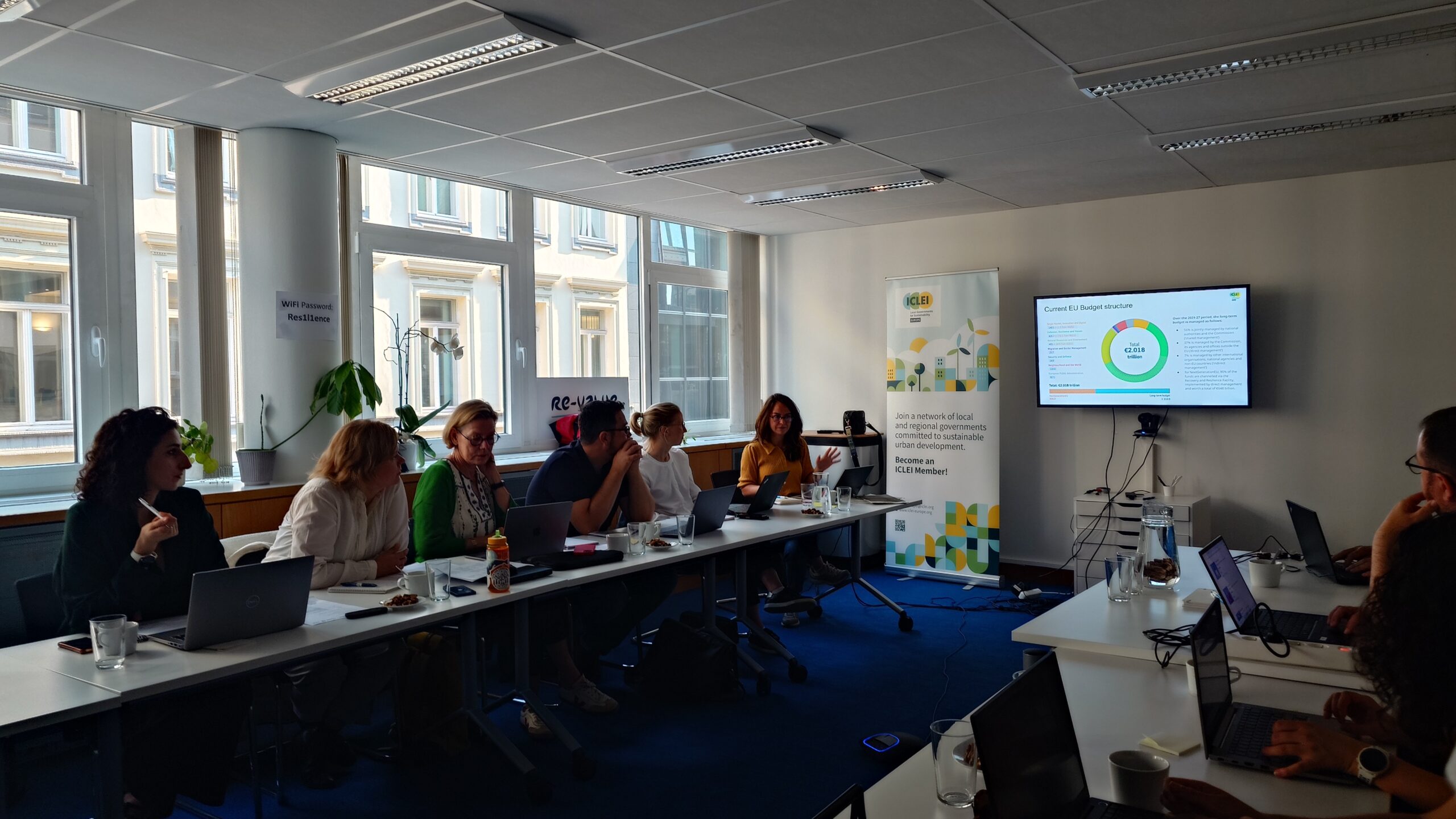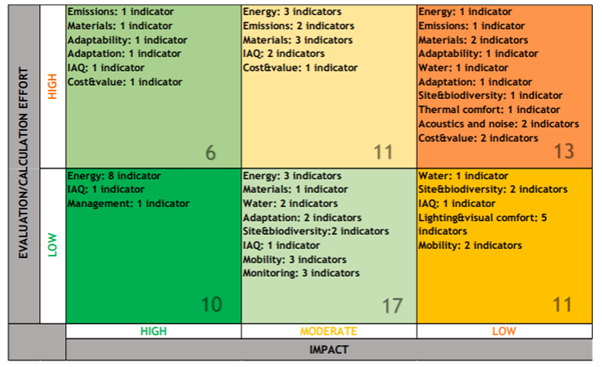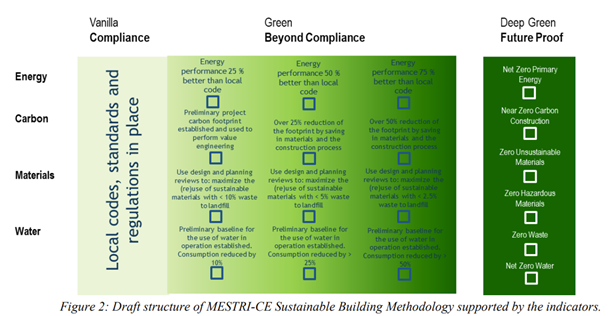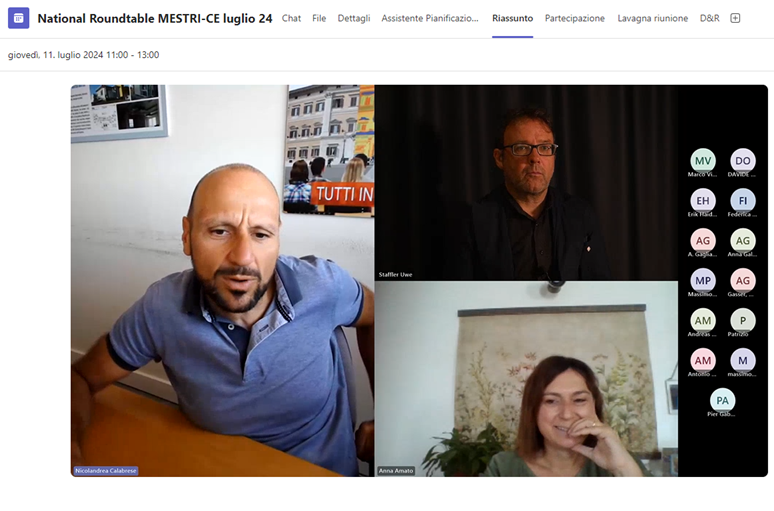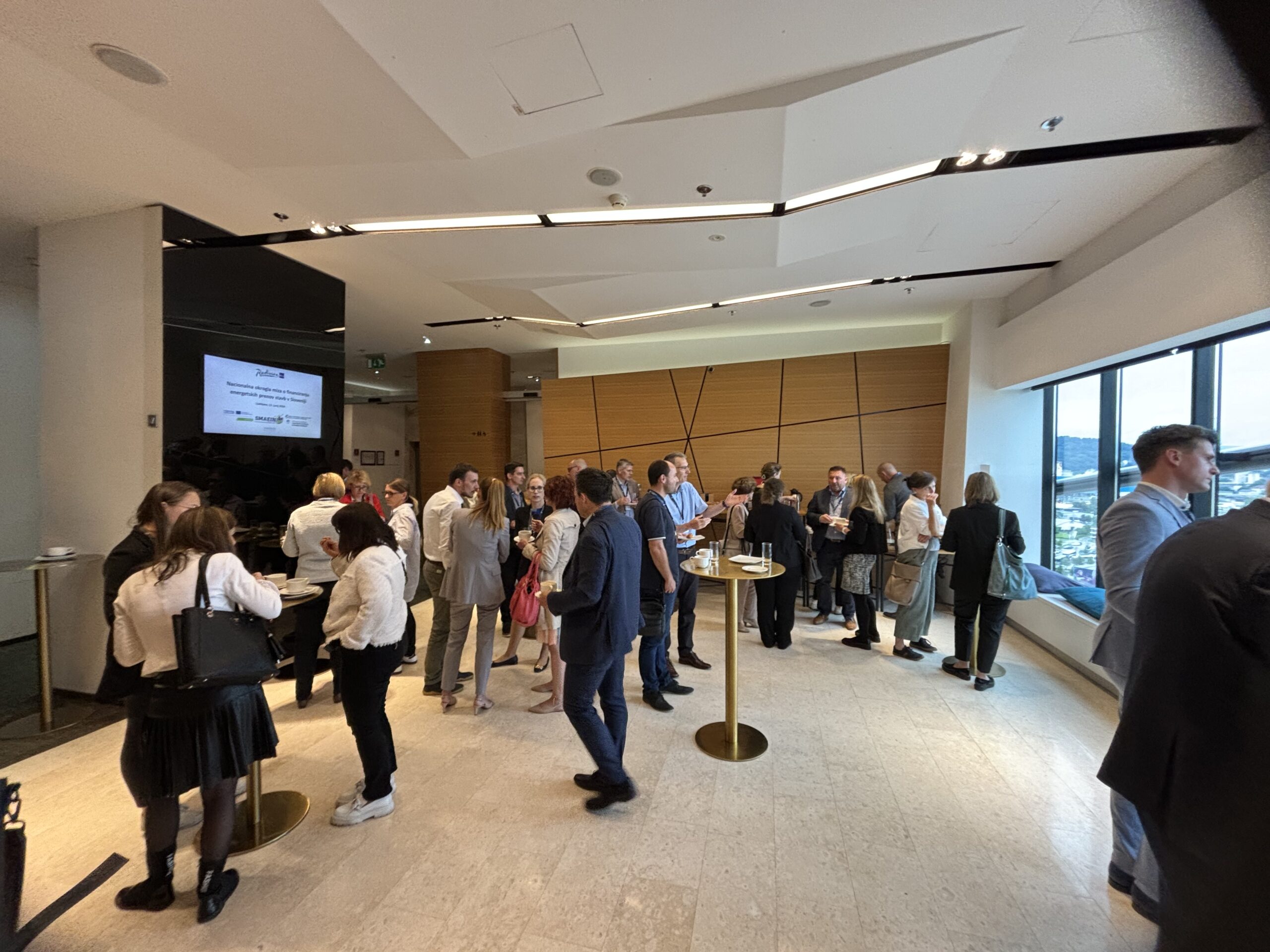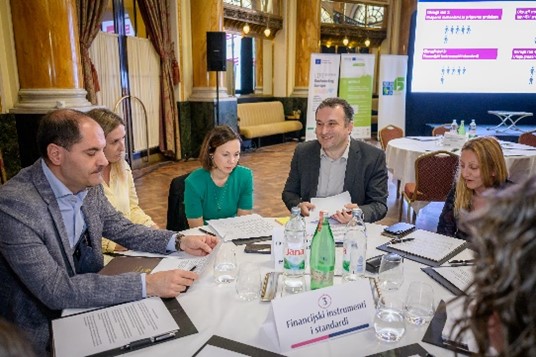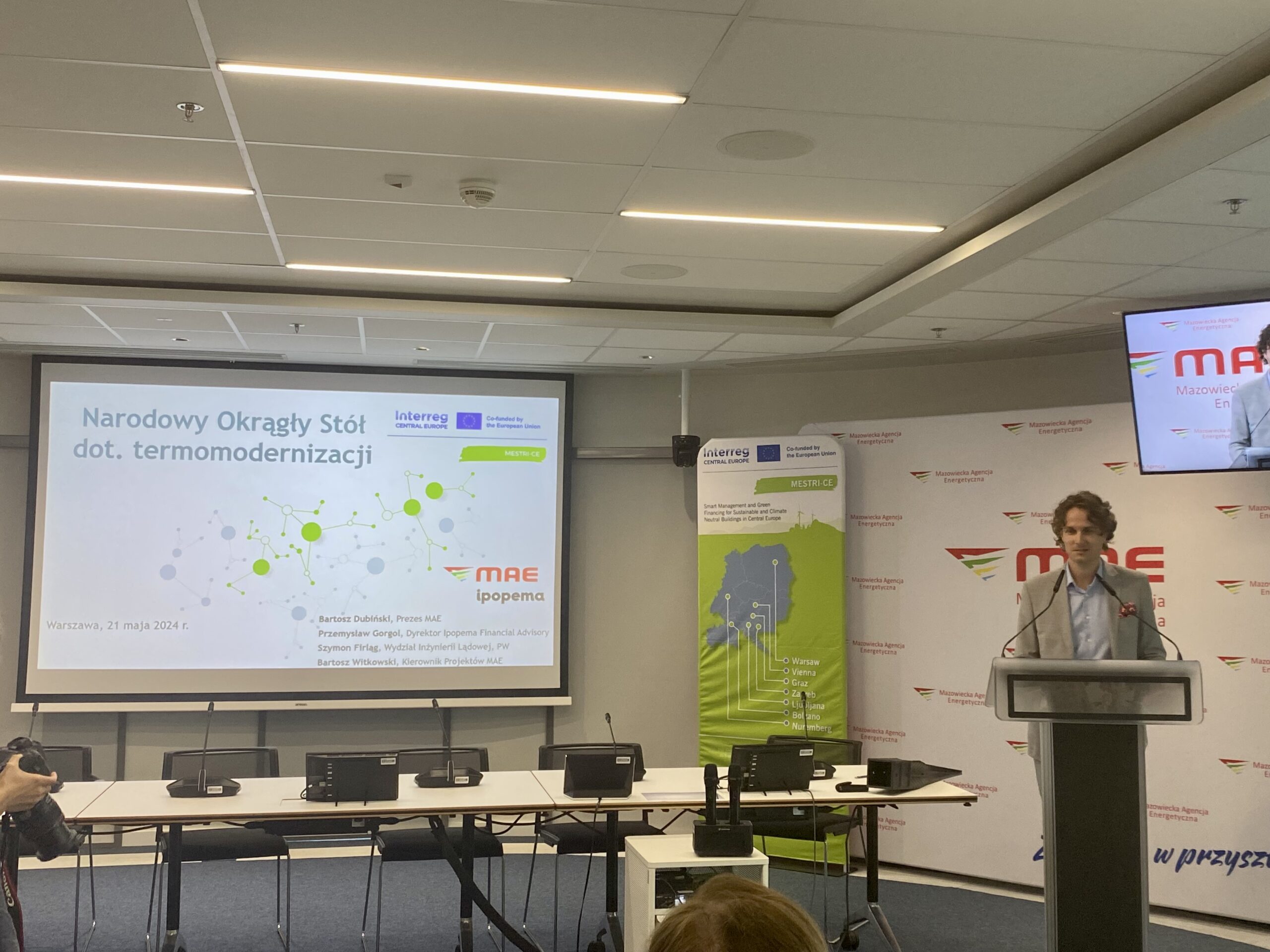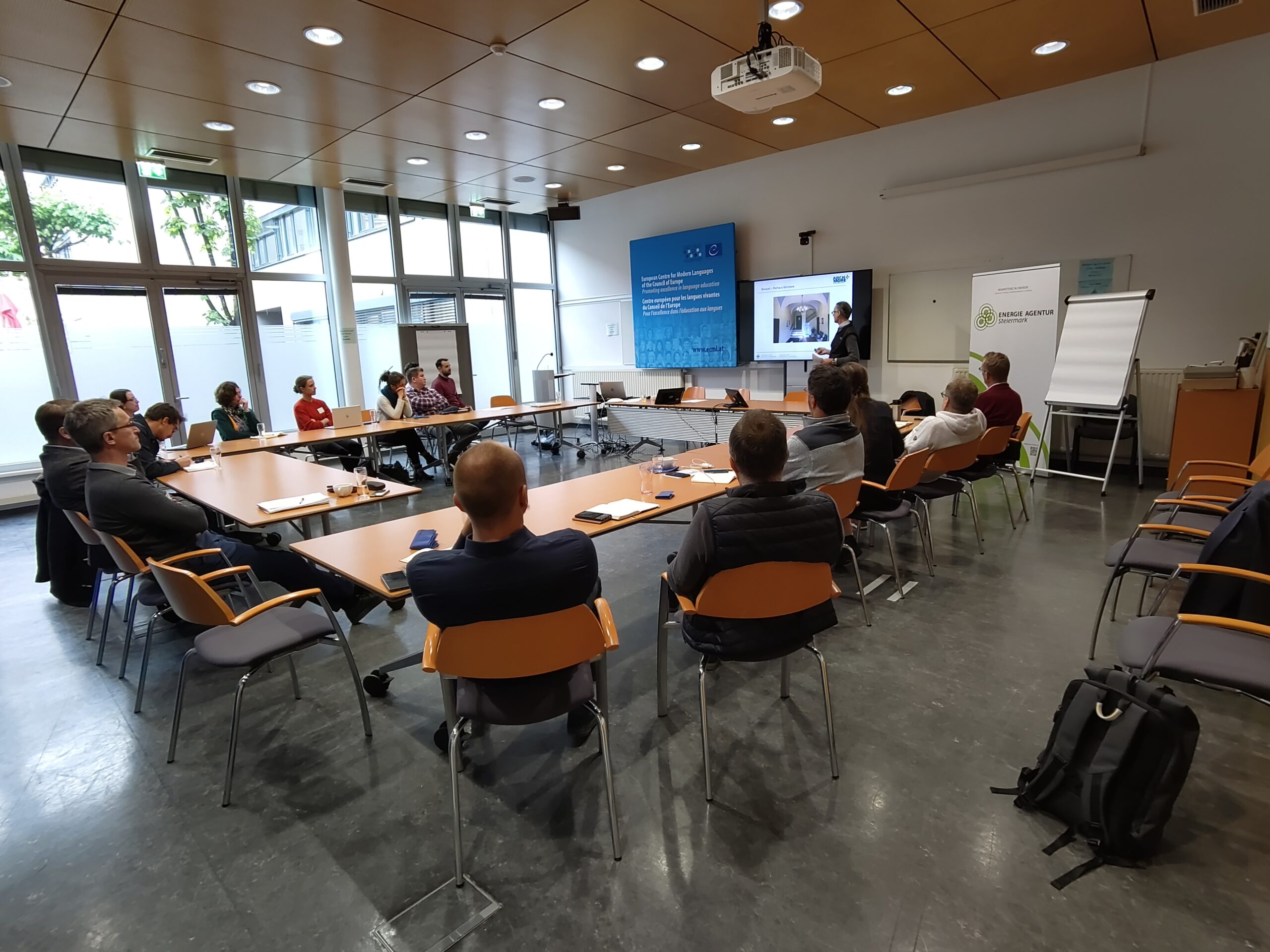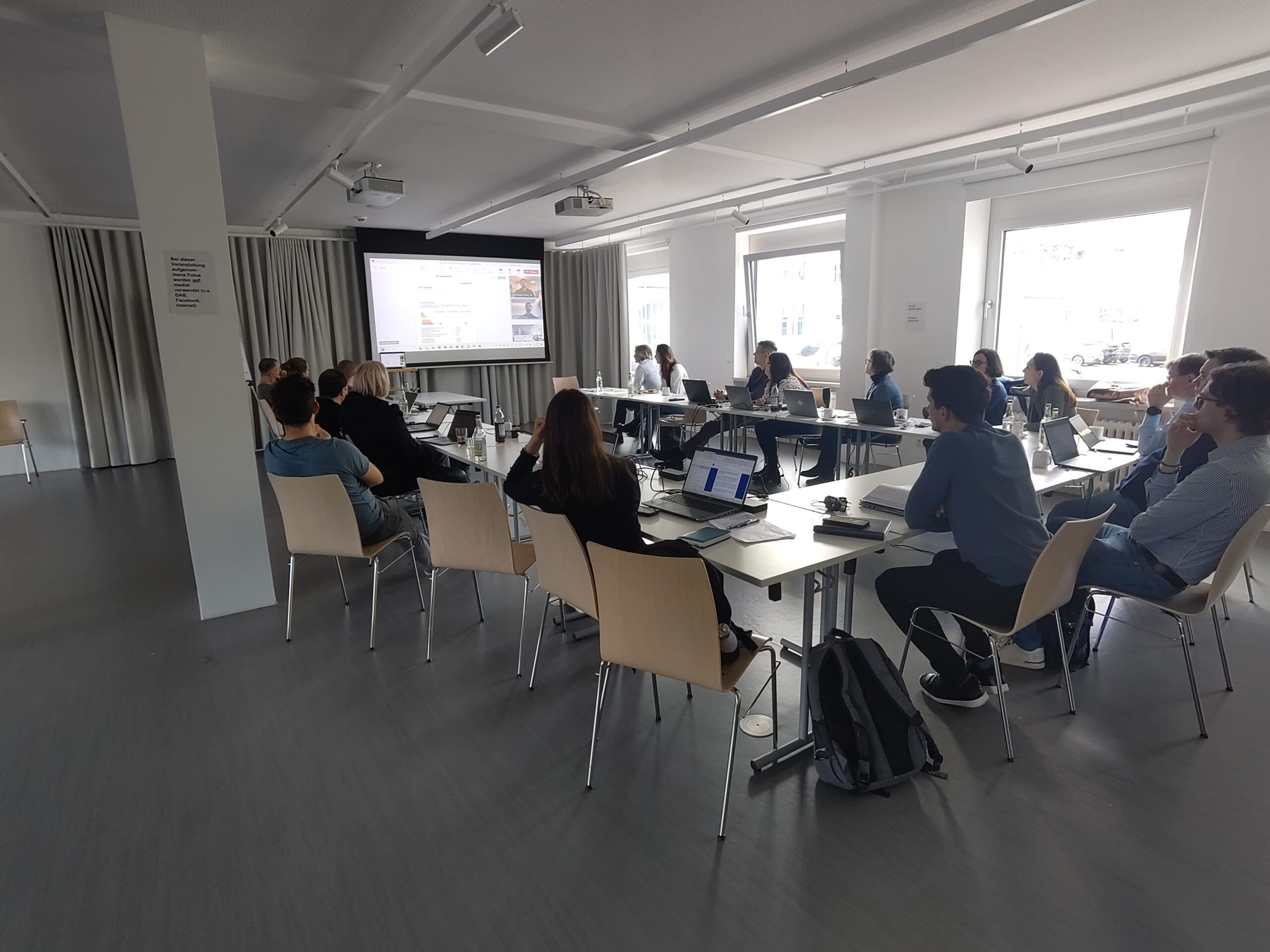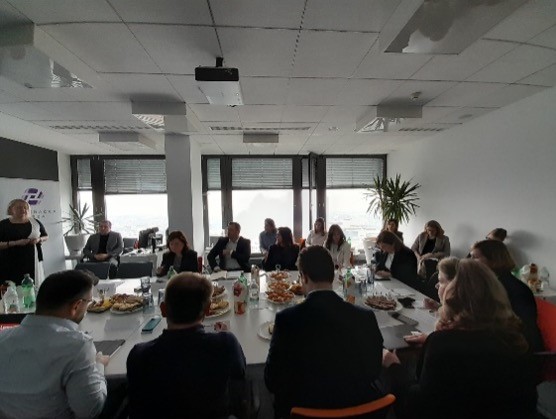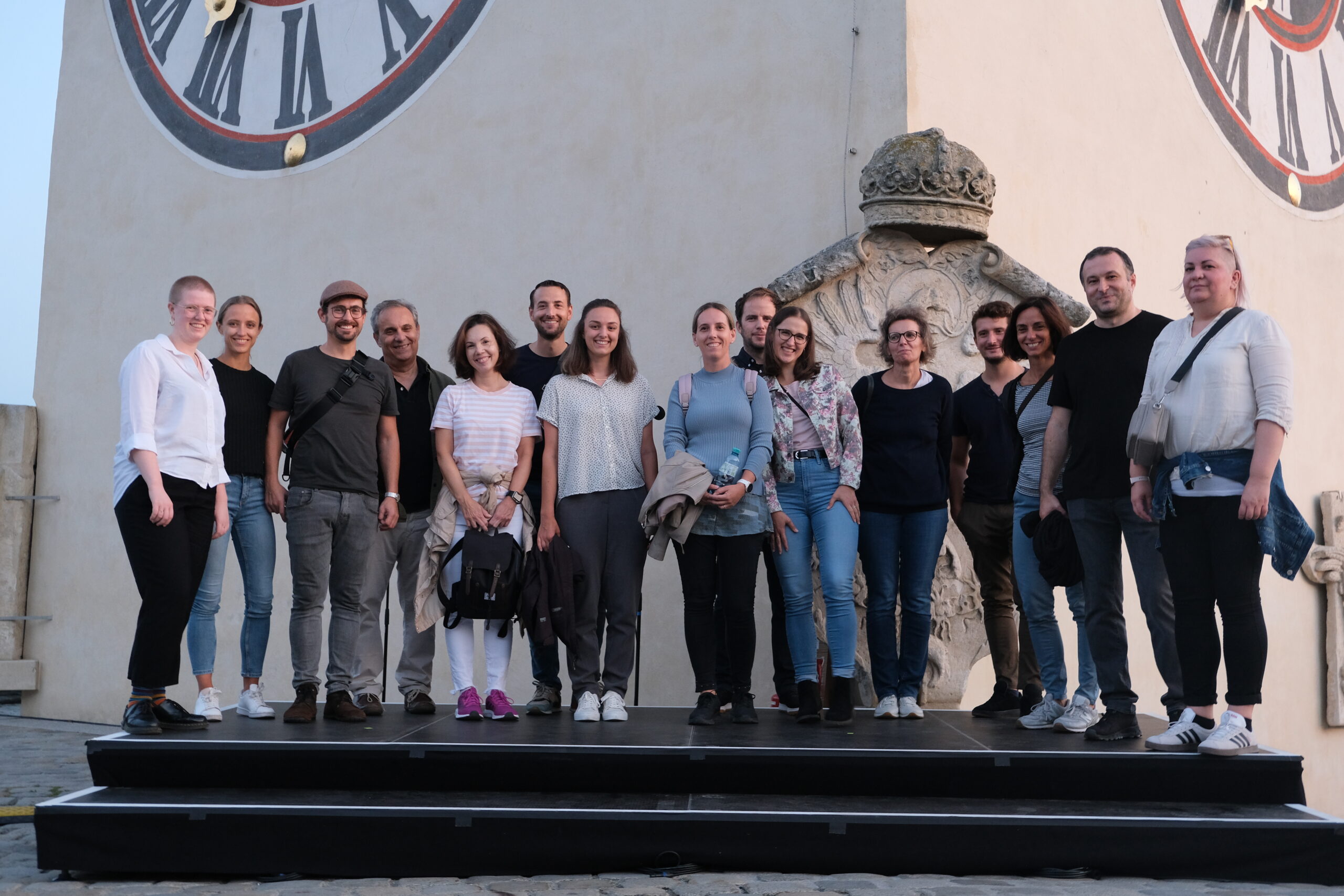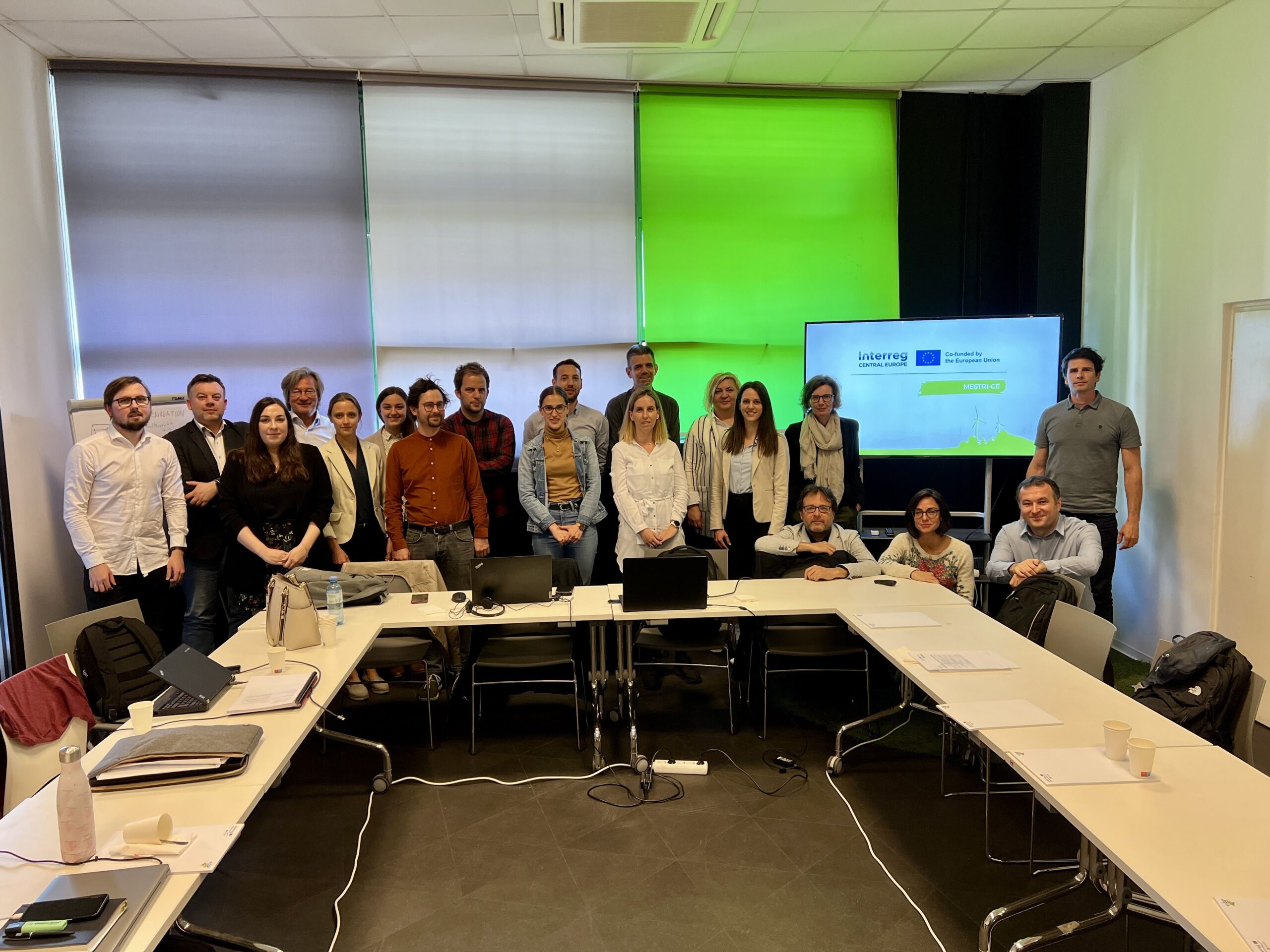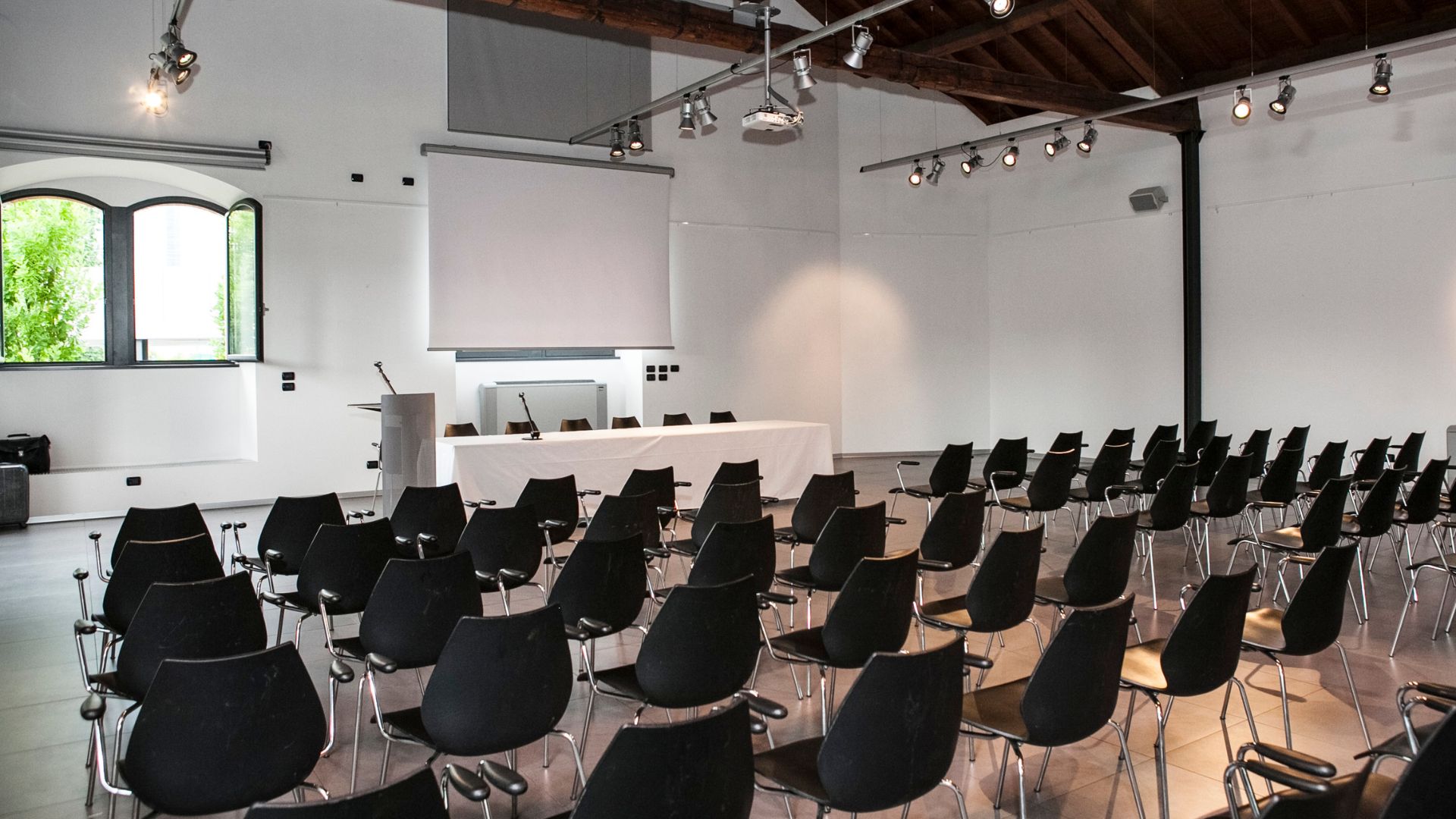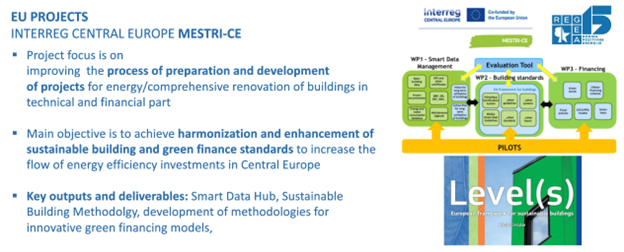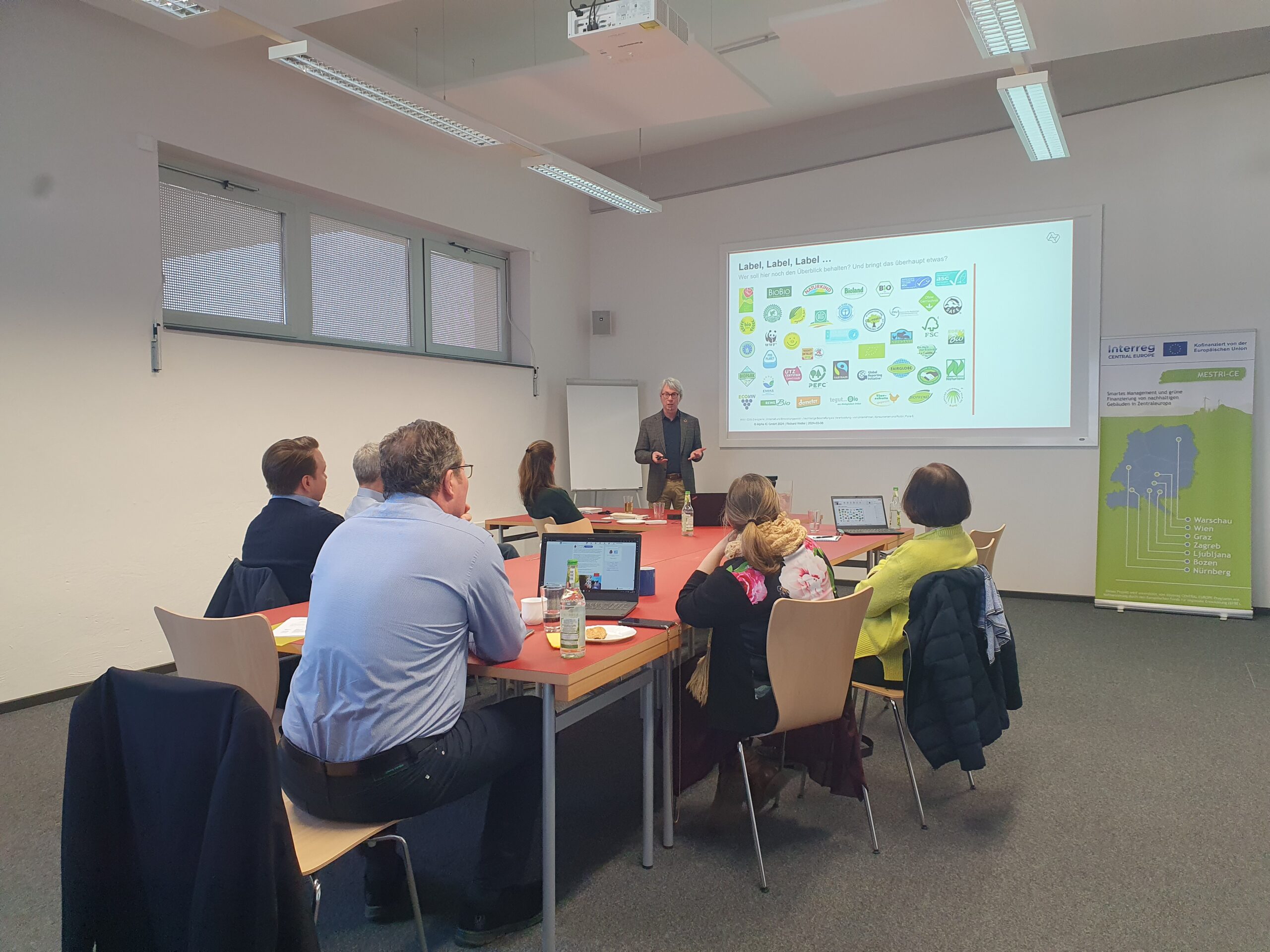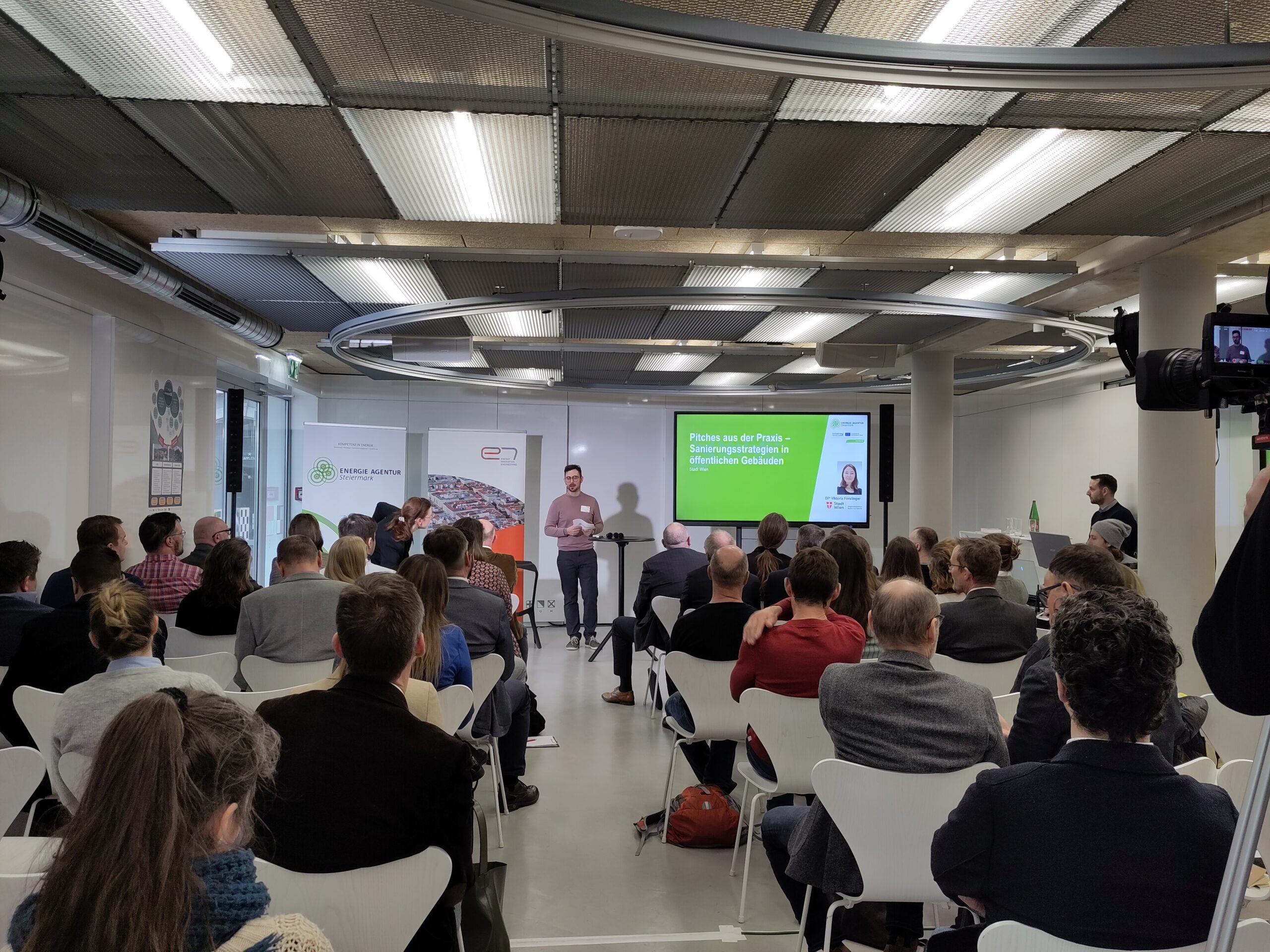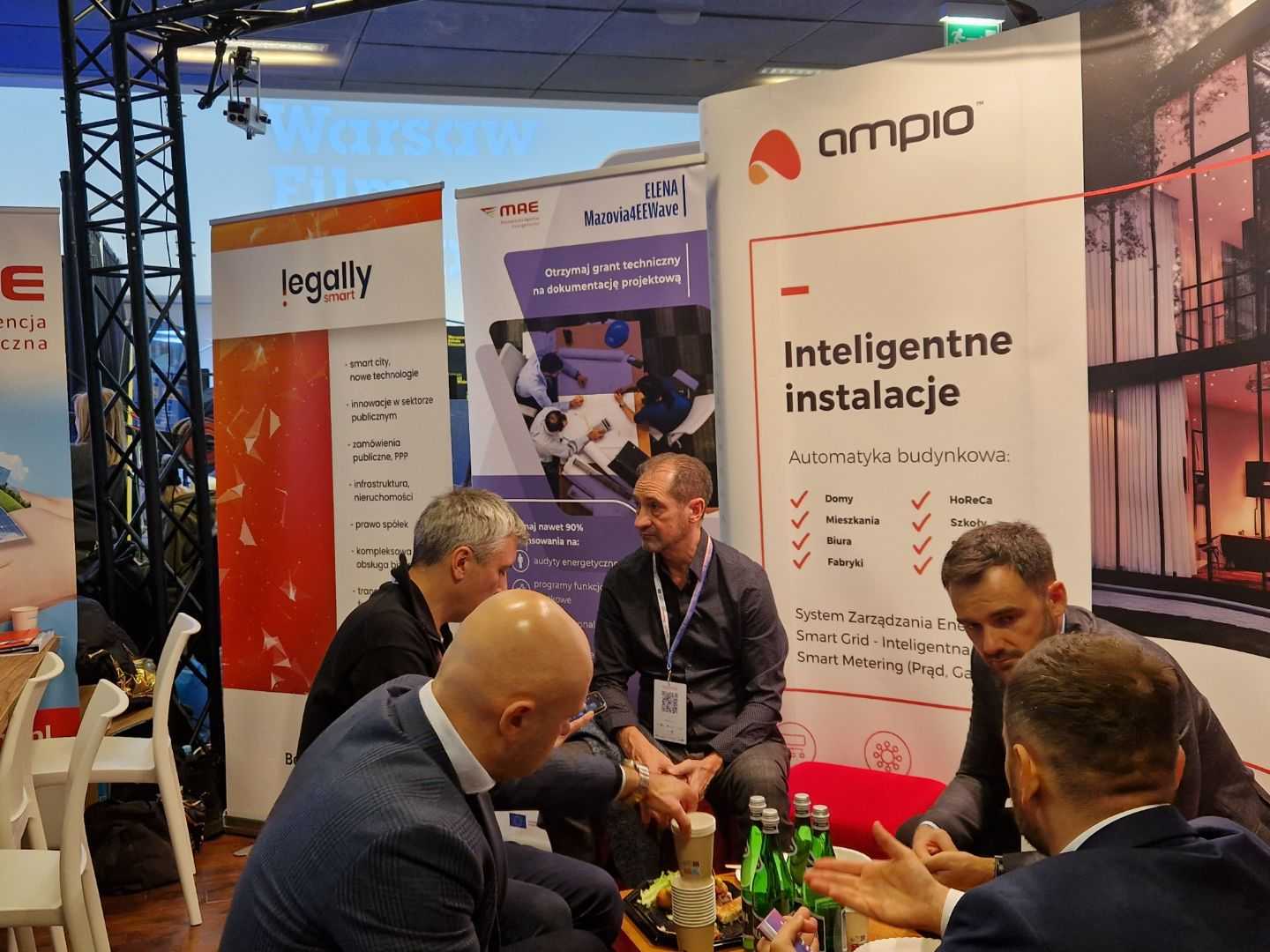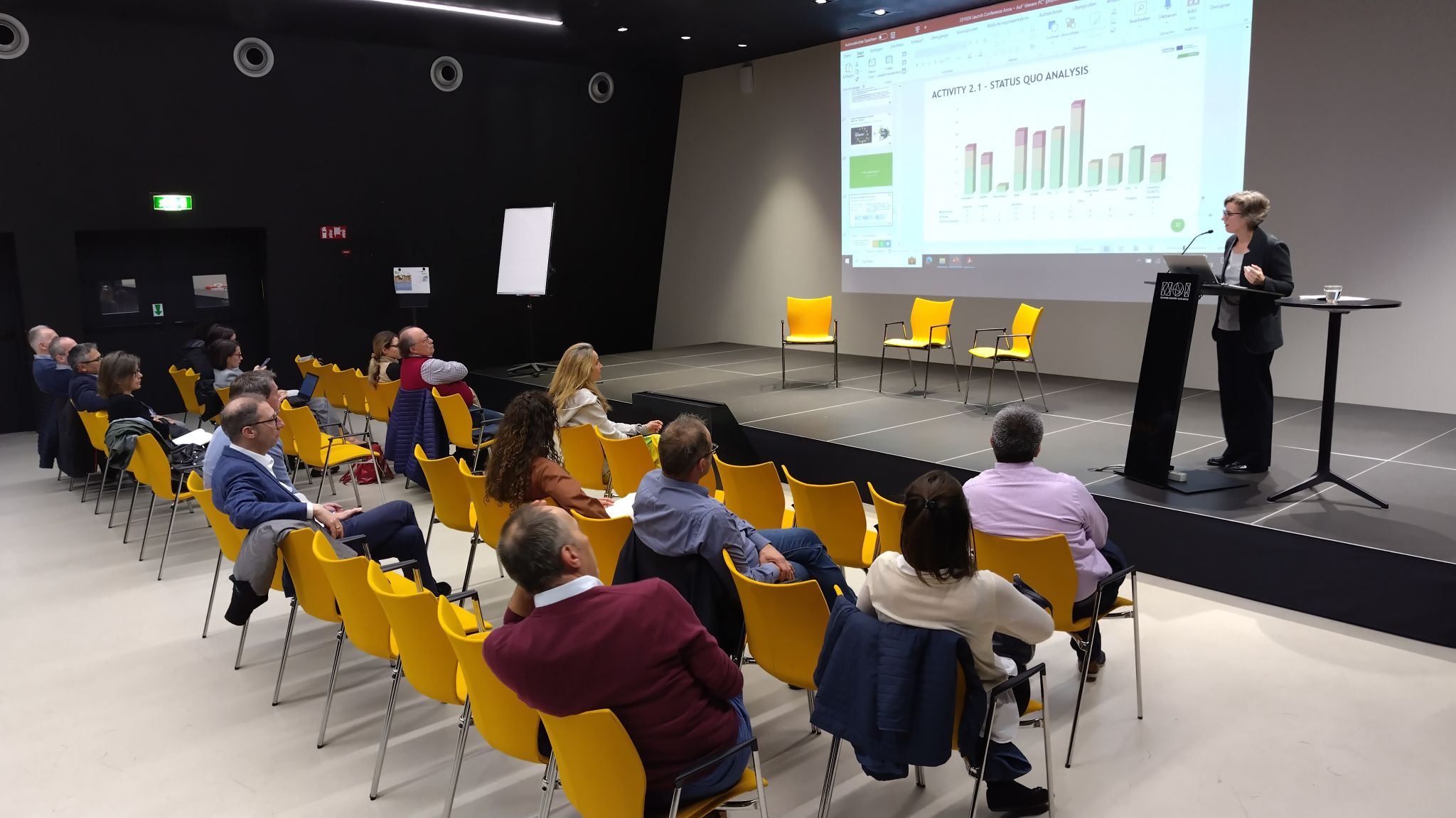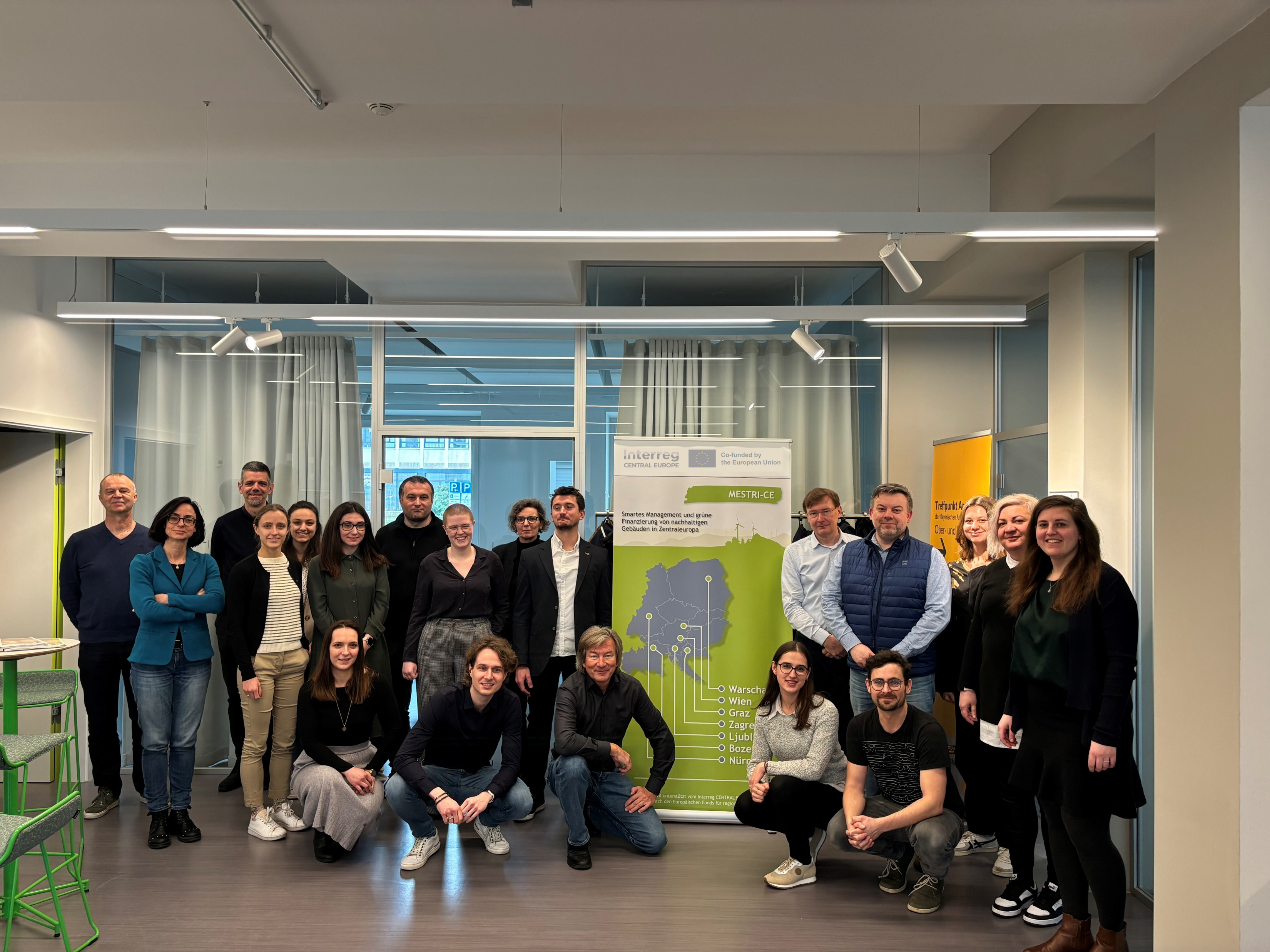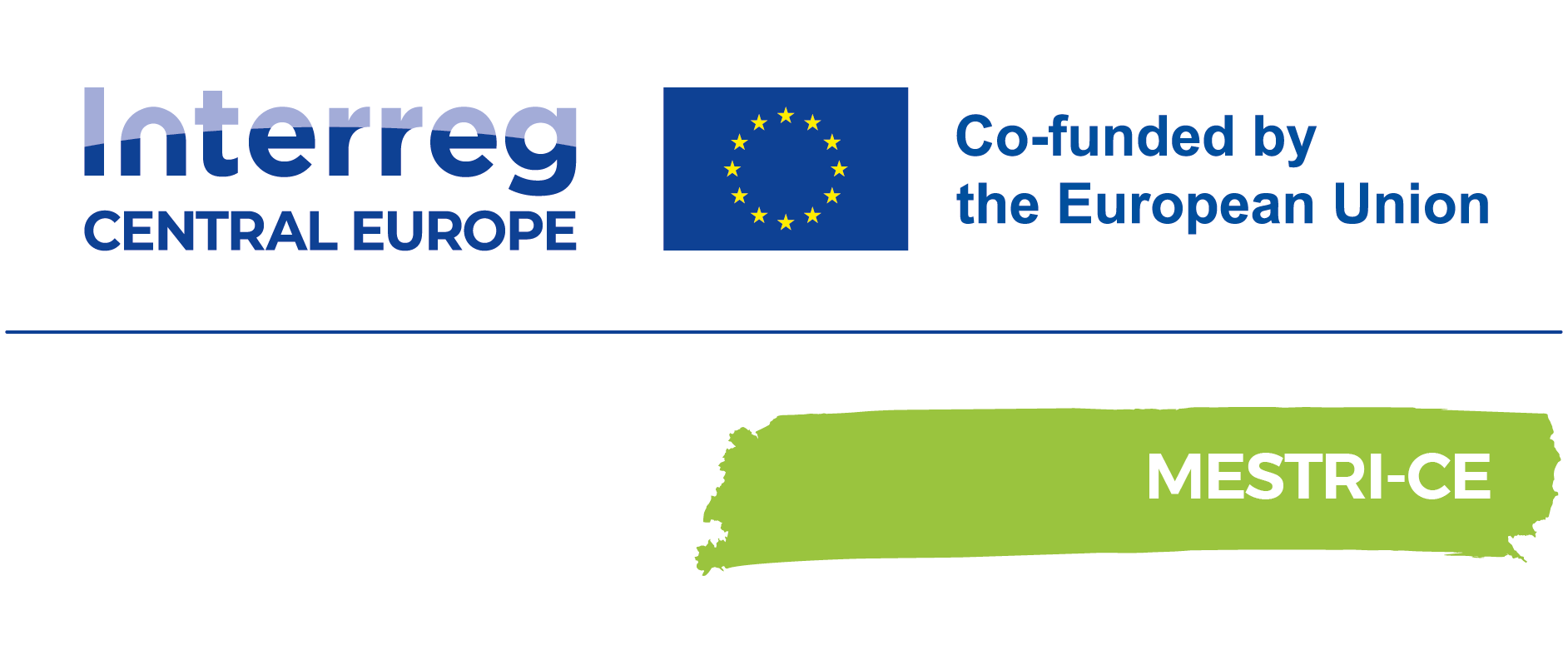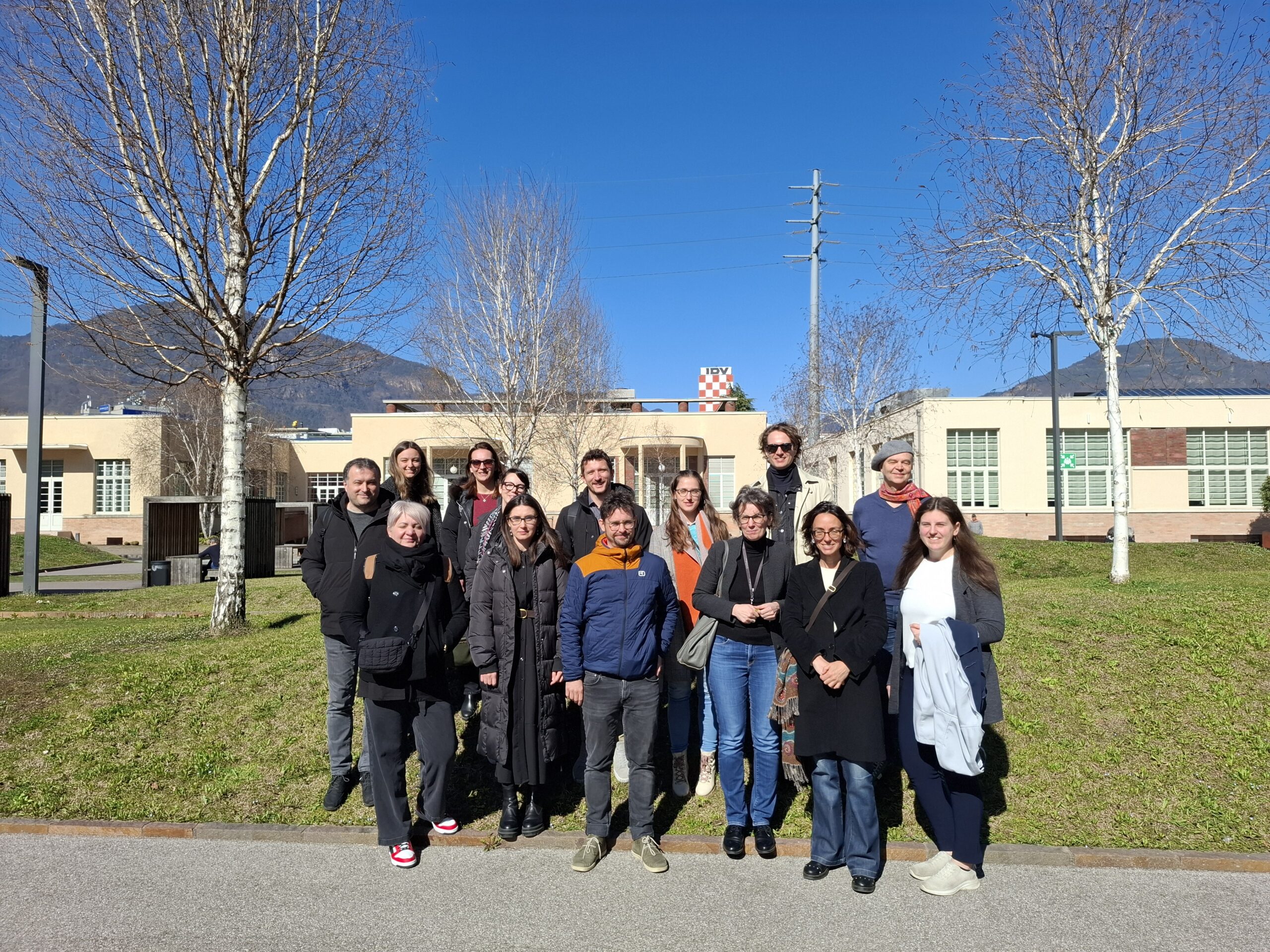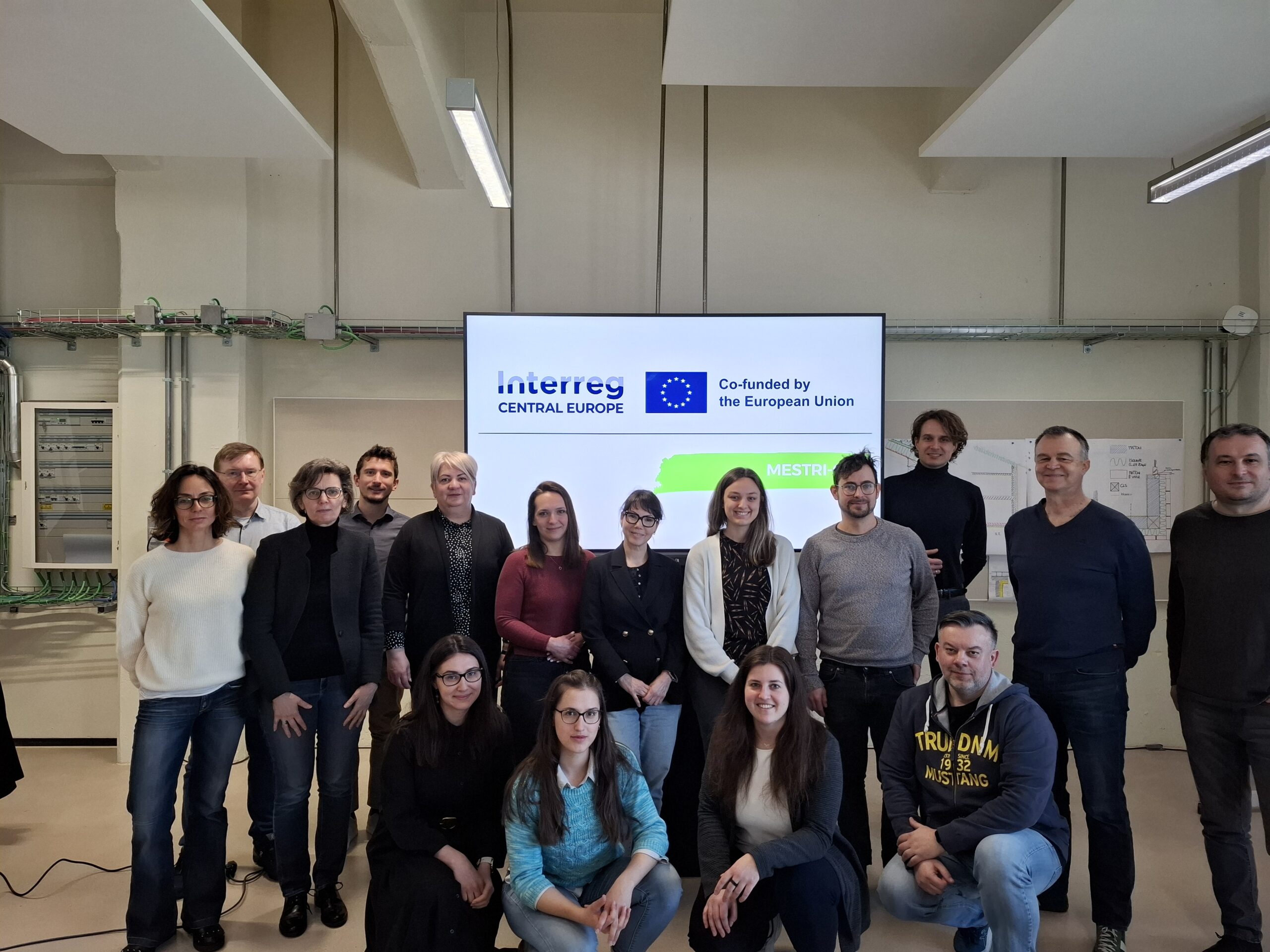Project overview
Smart Management and Green Financing for Sustainable and Climate Neutral Buildings in Central Europe
A climate-neutral central Europe requires a drastically reduced energy consumption of buildings. However, renovation is often costly and complex. The MESTRI-CE project introduces a new investment model to finance more climate-friendly buildings that guarantee sustainability. The model covers both the supply and demand side of the renovation market and builds on data collected and tools and green standards developed by the project.
-
2,49m €
-
Project Budget
-
80%
-
of the Budget is funded by ERDF
-
6
-
Countries
-
7
-
Regions
-
10
-
Partners
-
4
-
Pilots
Duration
Start date
End date
Project progress
Project partnership
Project partners

Lead partner
North-West Croatia Regional Energy and Climate Agency
Project partner
Research&Development
Energy Efficiency Centre
00-107 Warsaw
Roadmap
Challenge

The central Europe region faces several key challenges in its energy tranistion: - Economic and technological disparities: uneven economic development and distribution of technology and financial resources. - High energy consumption: Average energy consumption remains higher than the EU average. - Investment needs: Energy efficiency investments need to more than double to meet EU climate and energy targets. - Low awareness levels: particularly at local and regional levels in less developed central european countries. - Technical barriers: Poor building stock management due to insufficient capacities of stock managers, lack of quality baseline data and comprehensive data management tools. - Data managment: Need for integrated data collection on energy management, interoperability through digital tools and coordinated methodologies and regulatory aspects. - Common methodologies: Lack of common methodology for assessing and reporting the sustainability performance of buildings.
Starting idea

To meet new climate and energy targets, energy efficiency investments must more than double, a task complicated by low awareness levels, especially in less developed areas. The project aims to address these issues, focusing on improving energy efficiency in the worst-performing buildings, public buildings, social infrastructure and decarbonizing heating and cooling systems. The project will tackle technical, policy and financing barriers, emphasizing better building stock management, integrated data collection, and the creation of a common methodology for assessing building sustainability.
Main goal

The project aims to achieve standardization in the technical and financial transformation of markets for retrofitting public and private buildings, aiming for climate neutrality. This will be accomplished through intensive transnational cooperation, leveraging the expertise and best practices of partners across pilot regions. The project focuses on combining strengths, enhancing research capacity and engaging key stakeholders to become leaders in sustainable building practices. Additionally, it aims to widely disseminate project results to ensure broader adoption across Central Europe.
Proposed solutions

The MESTRI Smart Management and Green Financing for Sustainable and Climate Neutral Buildings project introduces several innovative solutions: - MESTRI-CE Smart Data Hub: Aggregates all relevant building data, including energy and water consumption, project documentation and key documents like a Vision and Action Plan for long-term building utilization, addressing the lack of management tools for building owners. - Sustainable Building Methodology: Guides the design and renovation of buildings based on sustainability and climate-neutrality criteria, including a Life Cycle Assessment to project environmental impacts. Integrates existing standards with Level(s), the new European framework for sustainable buildings. - MESTRI-CE Evaluation Toolbox: Offers tools for technical, financial, and economic analysis to estimate renovation costs and benefits. Helps public authorities prioritize societally optimal energy efficiency investments by highlighting both energy and non-energy benefits. - Green Financing Methodology: Aligns with EU taxonomy and green standards, providing transparent documentation for investors. Developed with financial institutions and crowdinvesting platforms to ensure wide market acceptance. Includes a project pipeline in pilot countries and activities to raise capacity and awareness among citizens and investors, reinforcing the role of market aggregators.
Transnational cooperation

The collaboration will enable project partners to combine complementary strengths, get the necessary research capacity and reach the wider public through high-visibility events. Associated partners who present key stakeholders will benefit from the project by learning from top experts in the sustainability of buildings. The project leverages the expertise of ten institutions from six different countries to drive positive changes in pilot regions across Central Europe. Despite their diverse backgrounds and legal forms, all partners are united by the vision of achieving long-term climate neutrality in the buildings sector and economies. The consortium includes energy agencies. These agencies are deeply embedded in their regional communities, maintaining strong relationships with policy and decision-makers. They will implement major activities and pilot actions, collaborating closely with key stakeholders from both private and public sectors. As experts in the building sector, these agencies develop local and regional policies, execute energy renovation programs and facilitate market interactions between public authorities, investors, and financial institutions.
News
Events
Pilot actions
Outputs
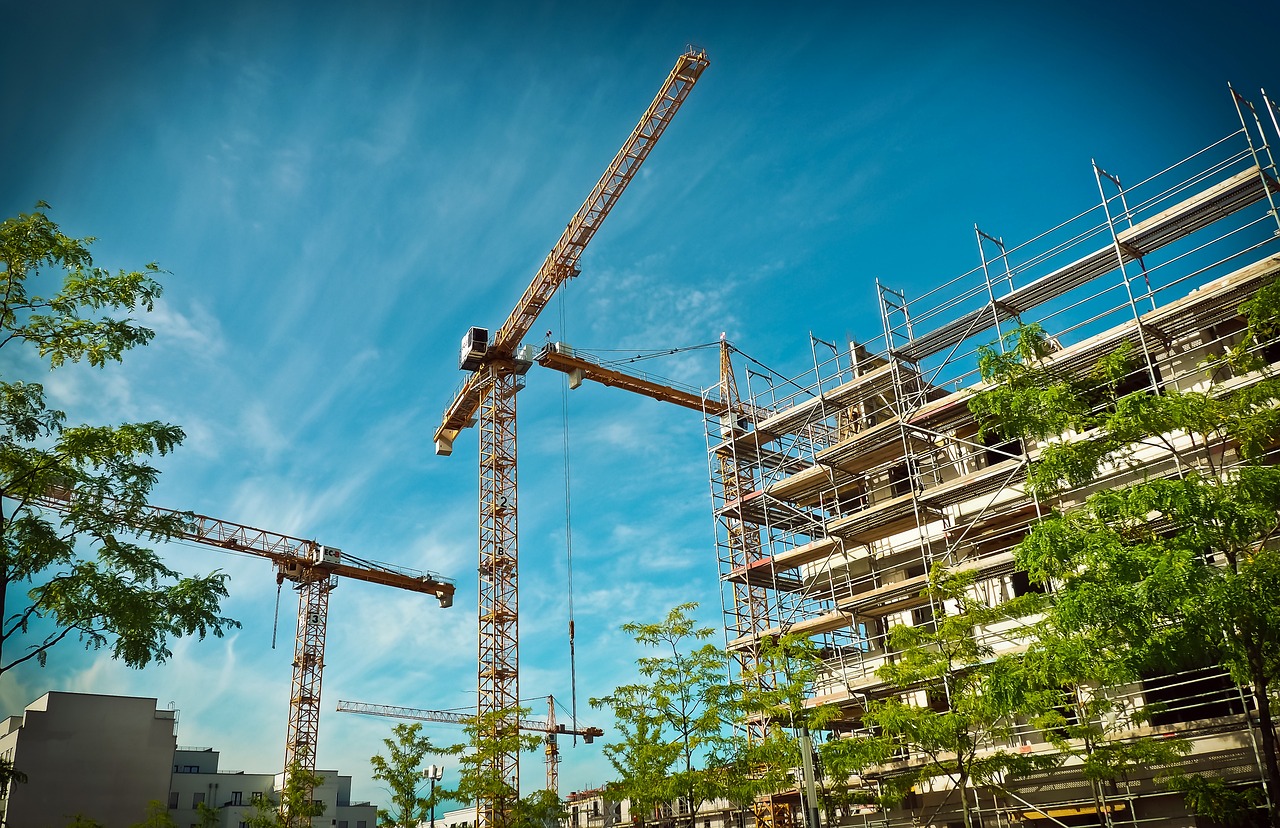
Jointly developed strategy for transition towards climate neutral buildings

MESTRI-CE Sustainable Building Methodology for (re)construction of buildings

Jointly developed strategy for enhancement of regional building standards in Central Europe countries
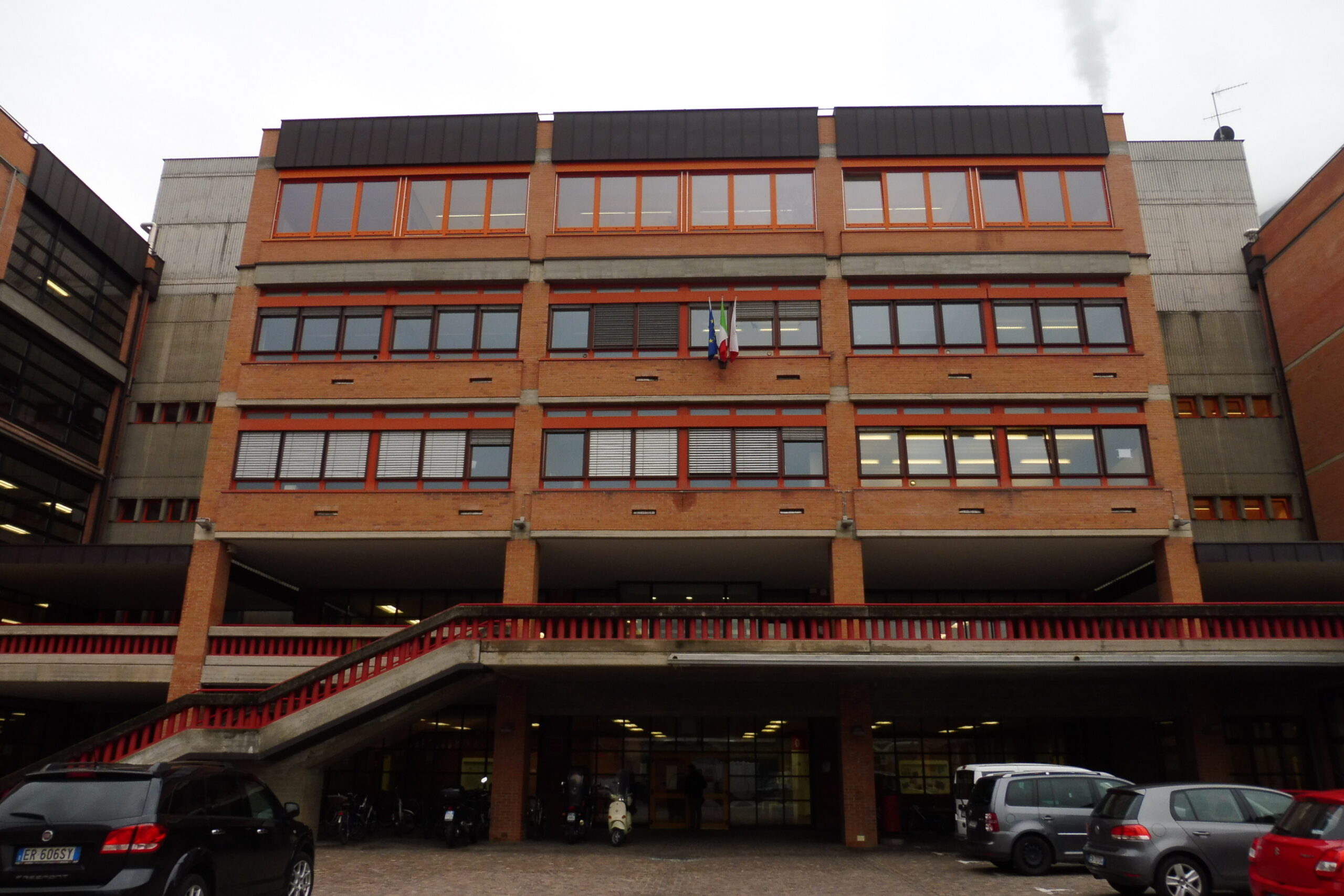
Testing of Advisory Hubs for project and policy developers in pilot regions
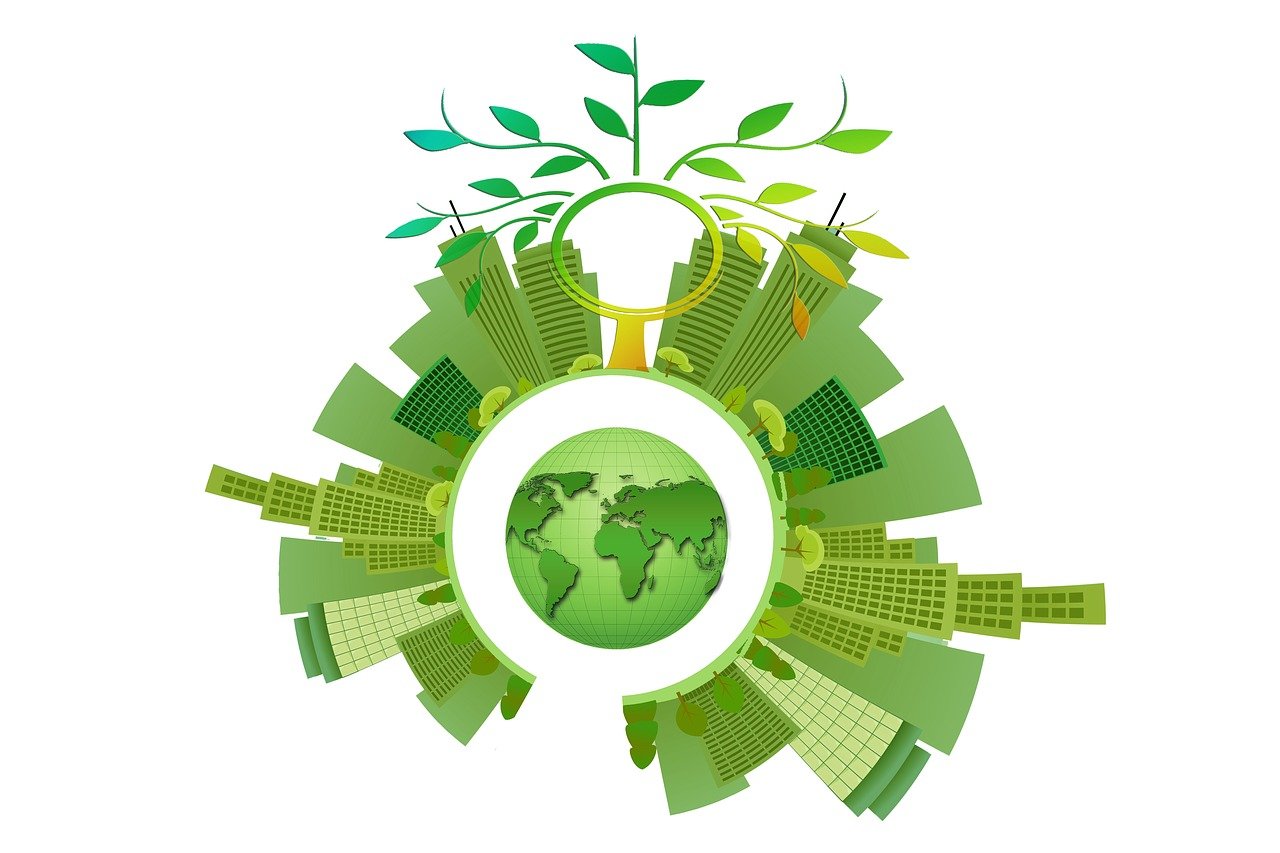
Advisory Hubs for project and policy developers
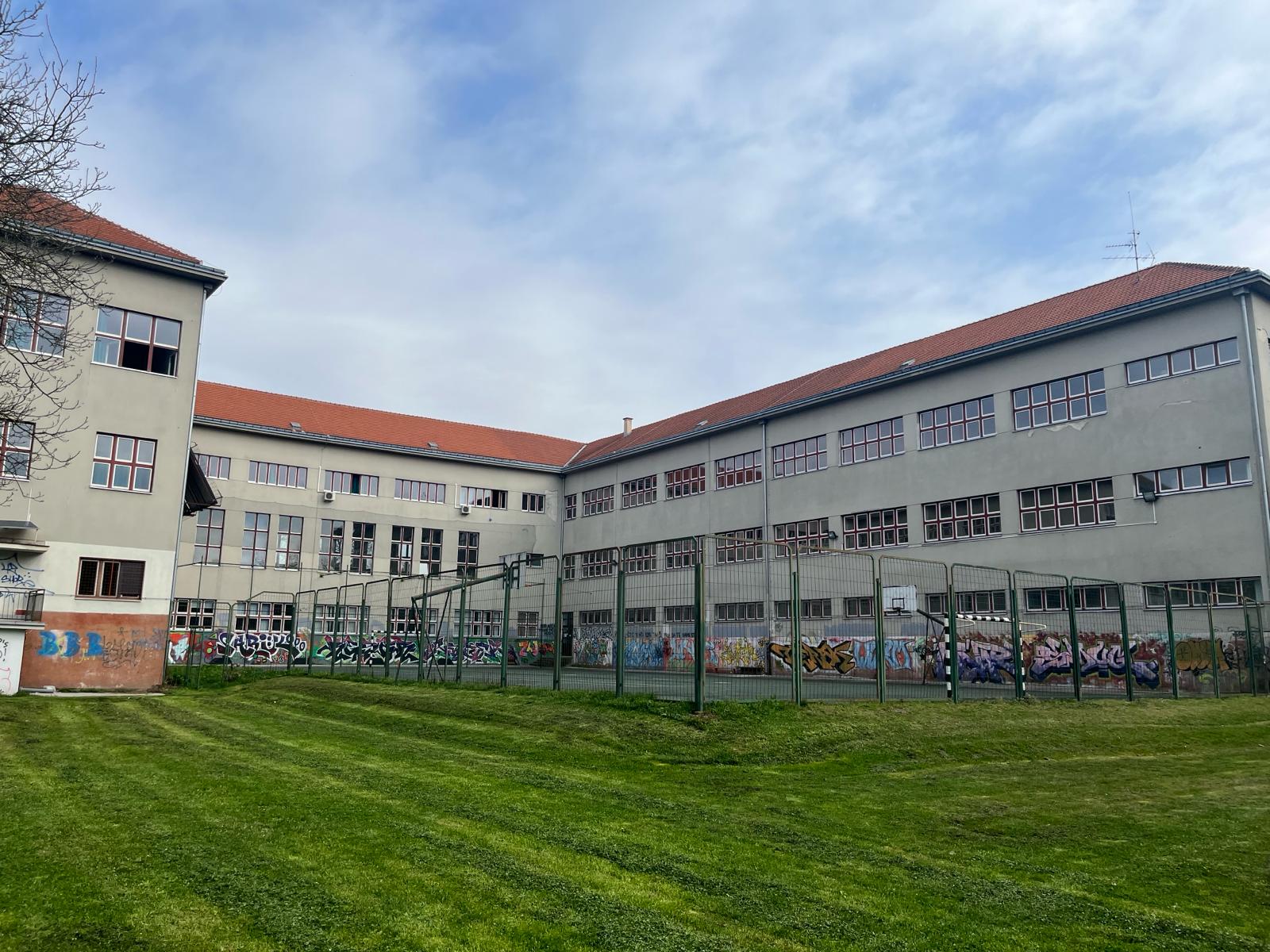
Piloting and promotion of MESTRI-CE Green Financing Methodology, Tools and Financing models

Jointly developed strategy for enhancement of innovative green standards, financing models and schemes

MESTRI-CE Green Financing Methodology, Tools and Financing models
- D.3.1.1. Baseline On Financing Models And Instruments Austria
- D.3.1.1. Baseline On Financing Models And Instruments Croatia
- D.3.1.1. Baseline On Financing Models And Instruments Germany
- D.3.1.1. Baseline On Financing Models And Instruments Italy
- D.3.1.1. Baseline On Financing Models And Instruments Poland
- D.3.1.1. Baseline On Financing Models And Instruments Slovenia
Project images
MESTRI-CE
The project lead partner is responsible for the content of this project website.
